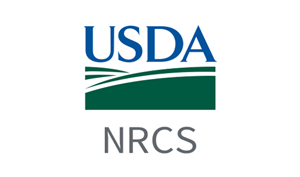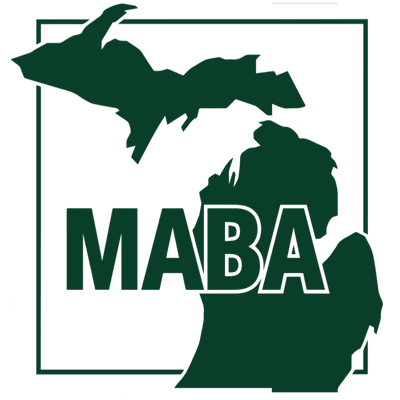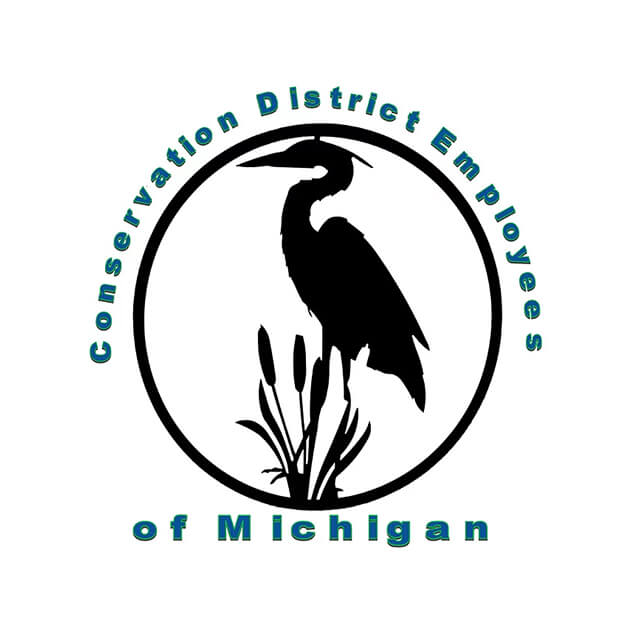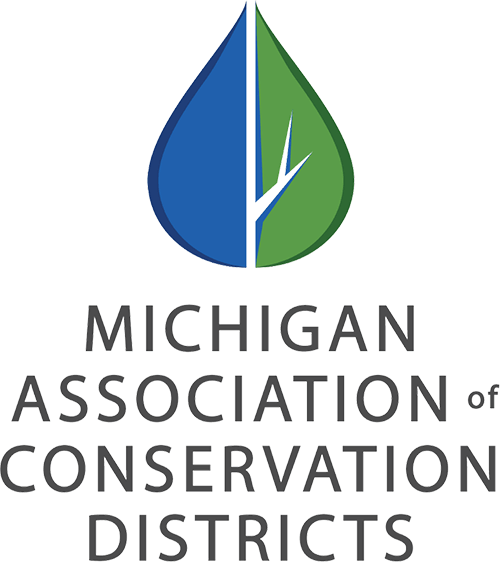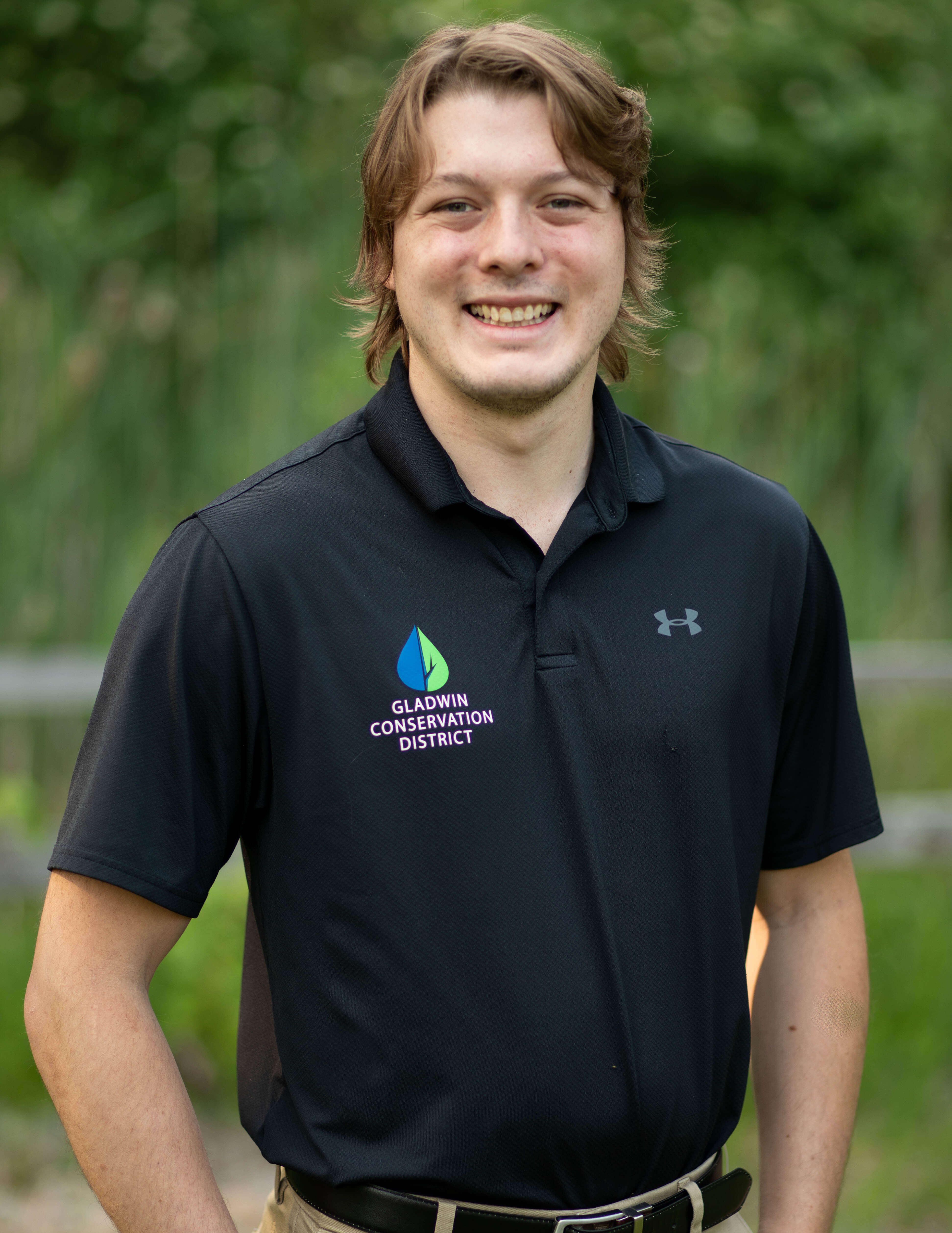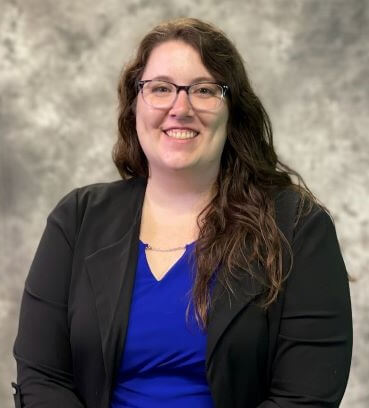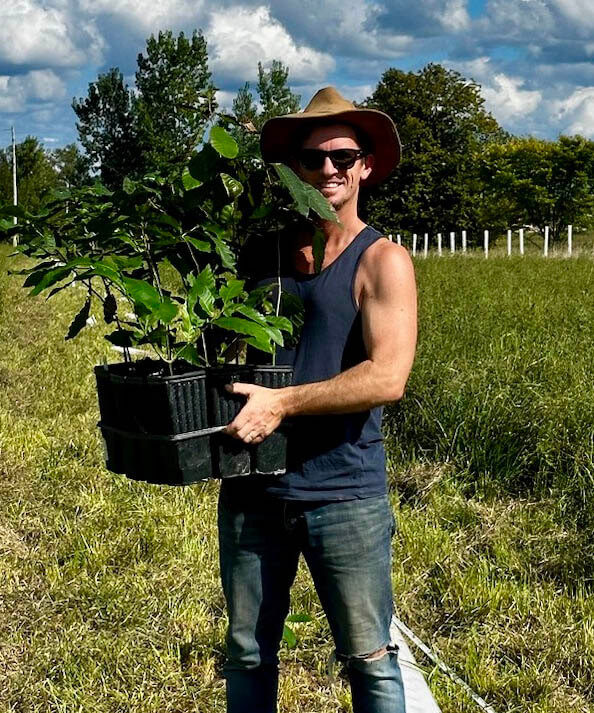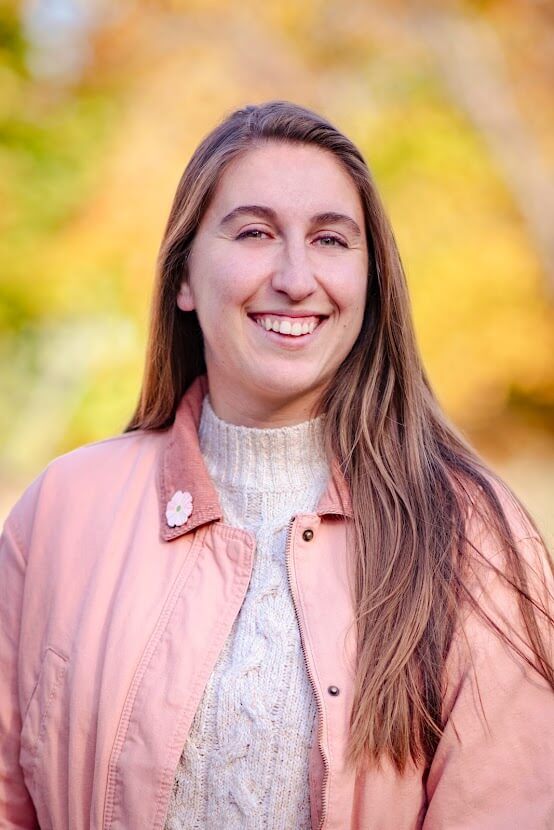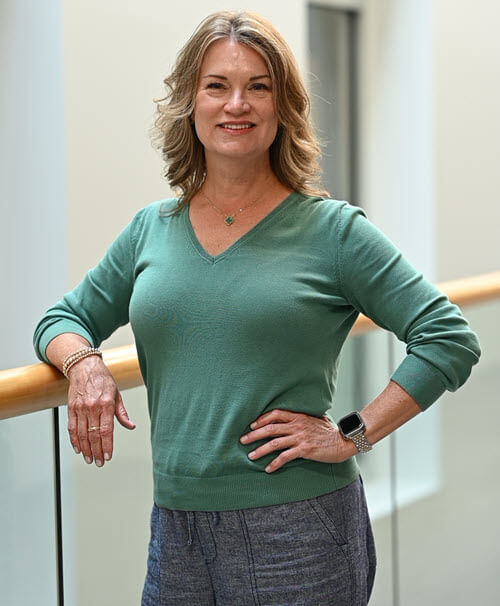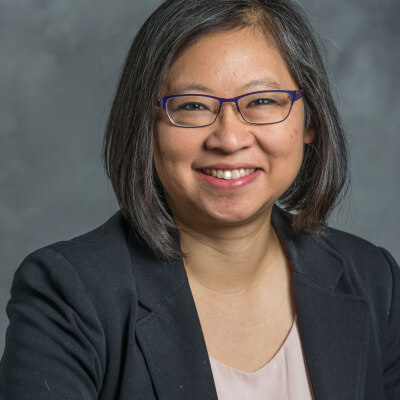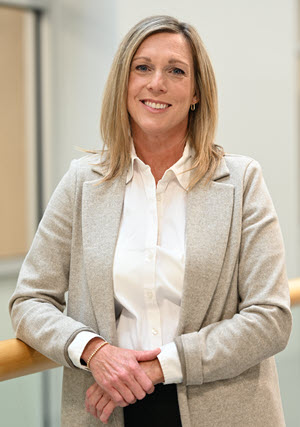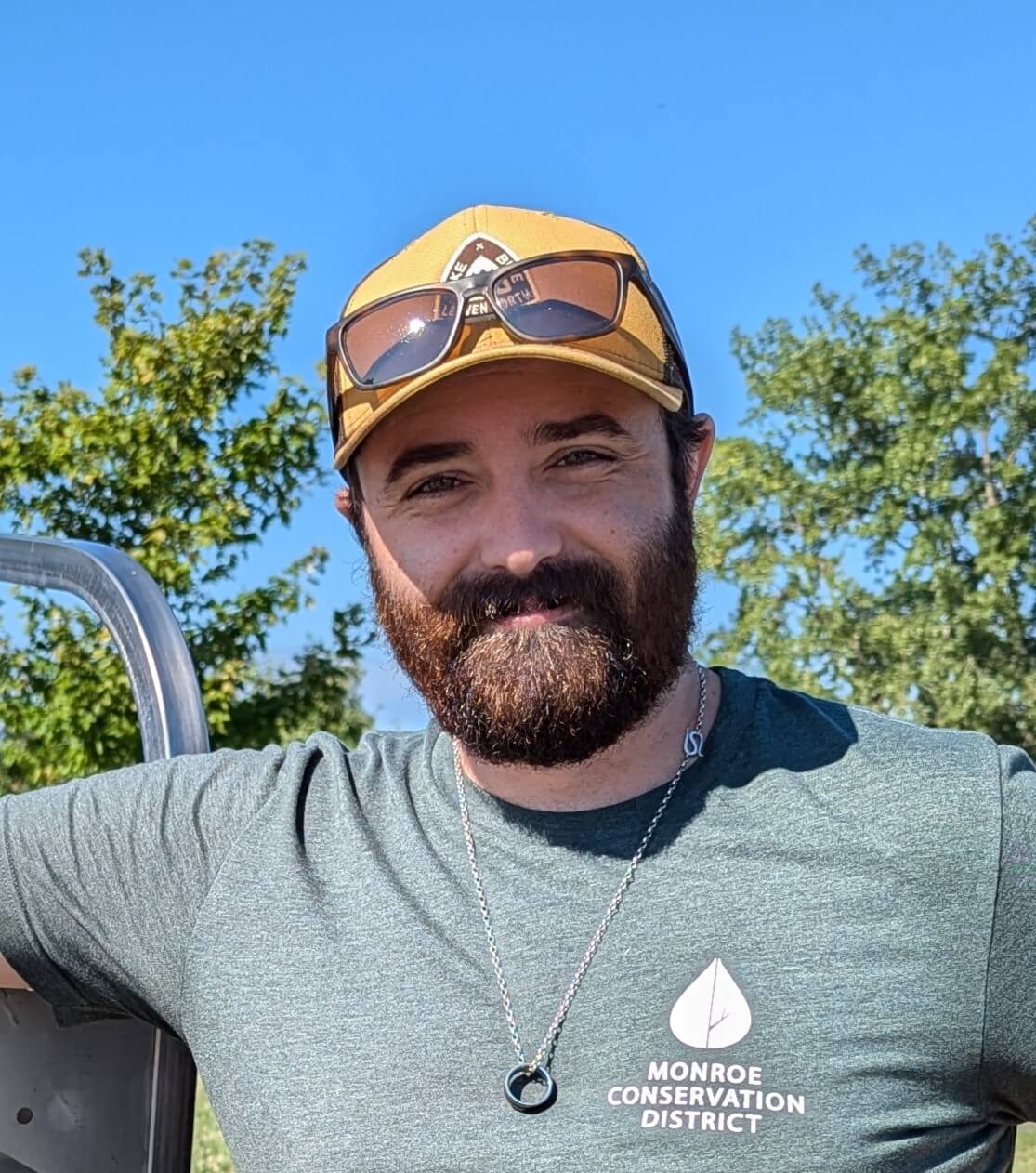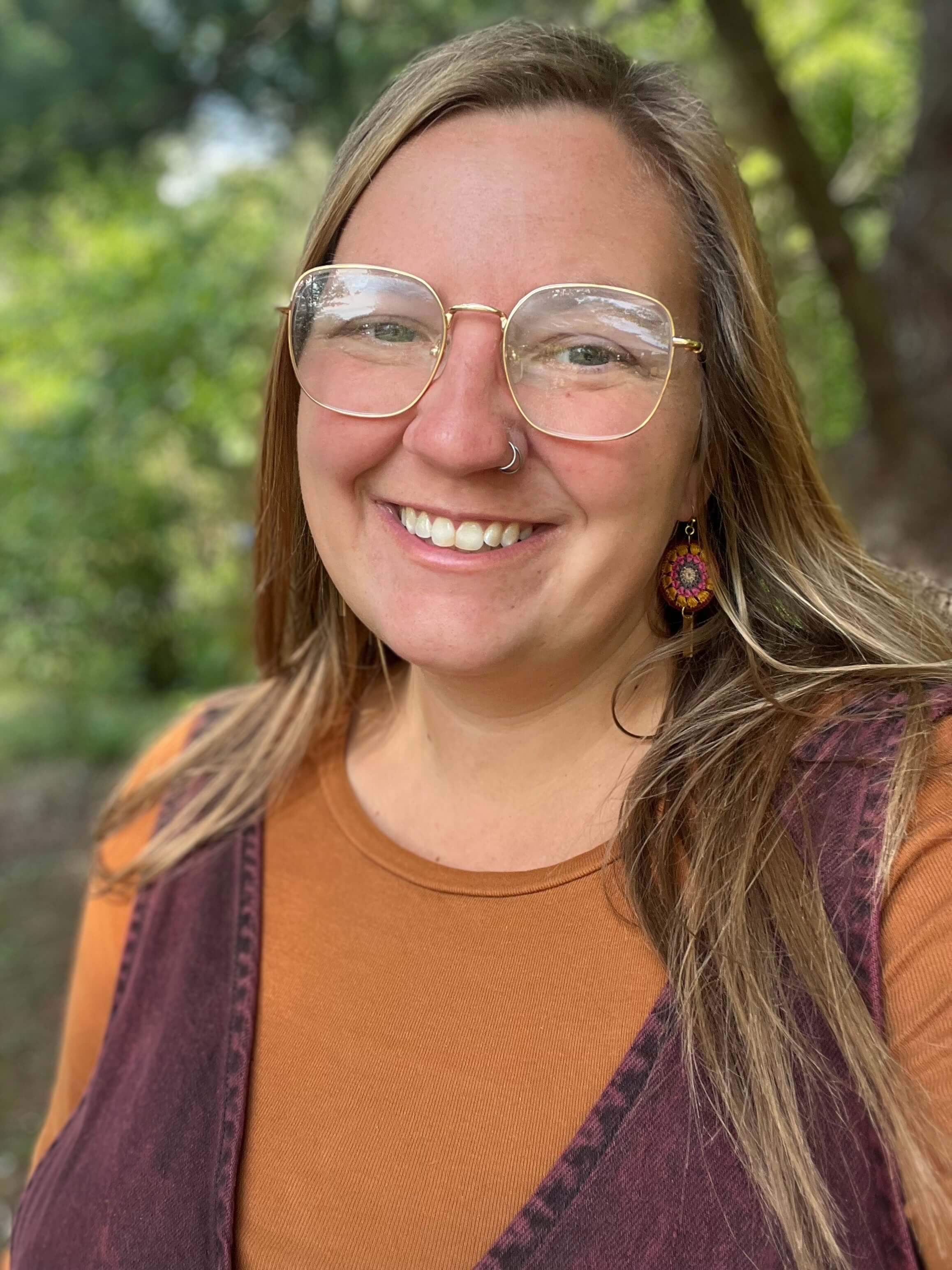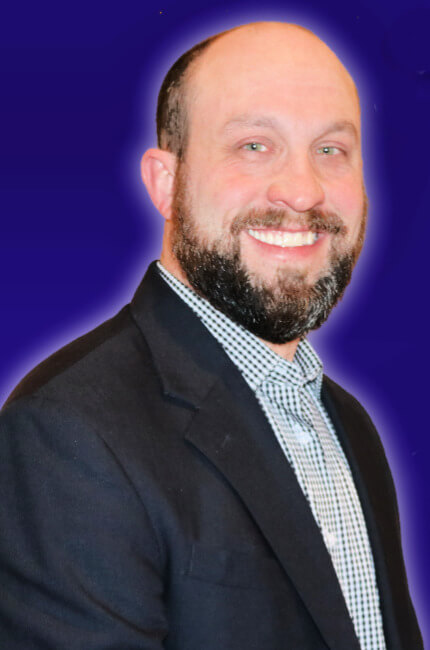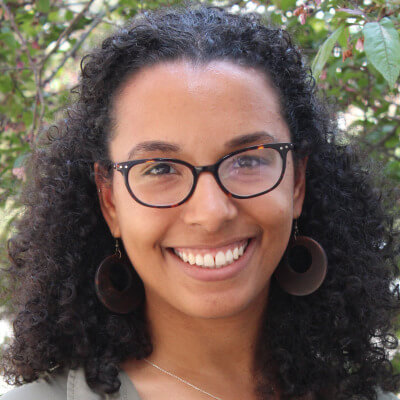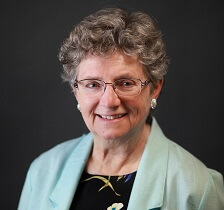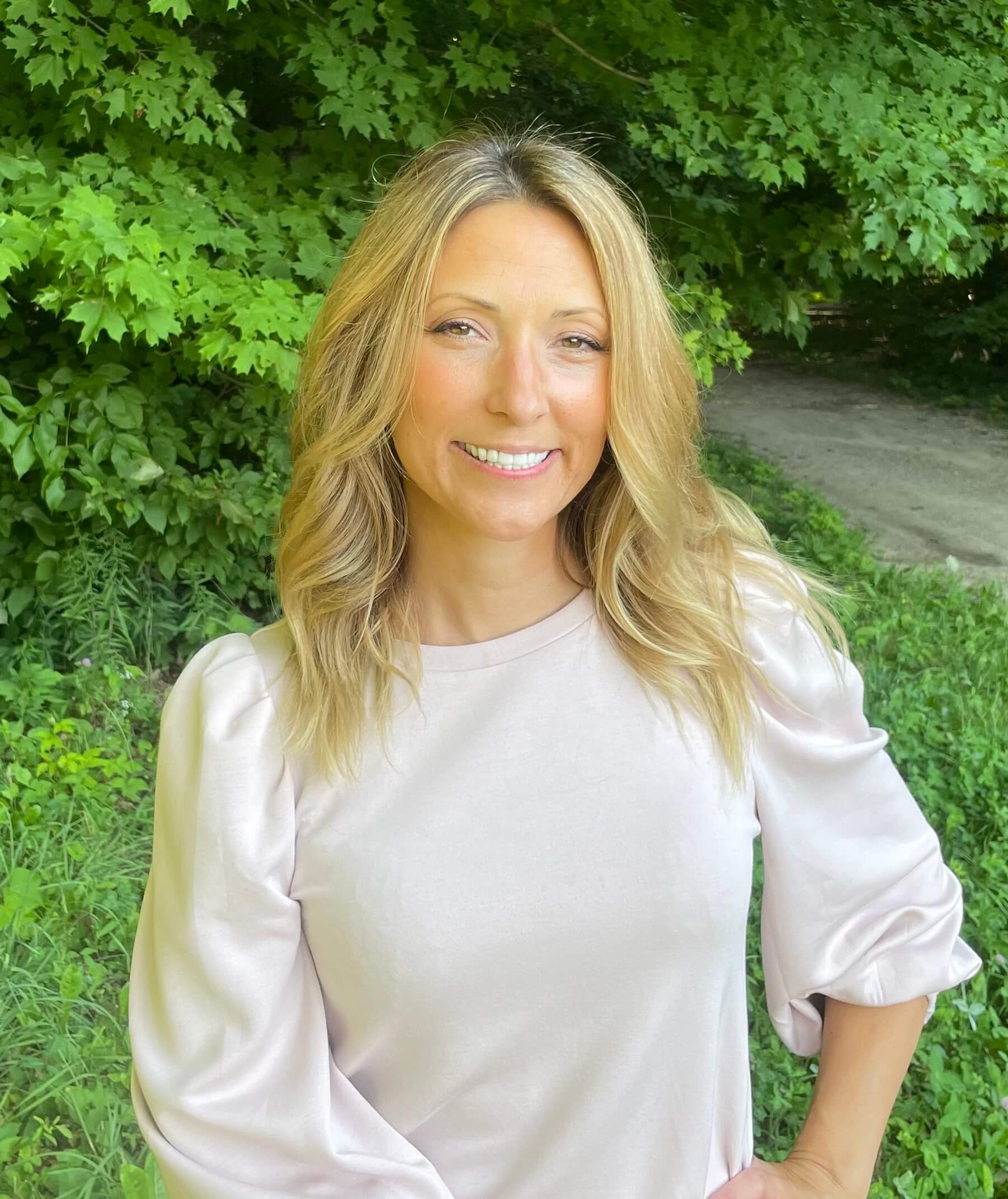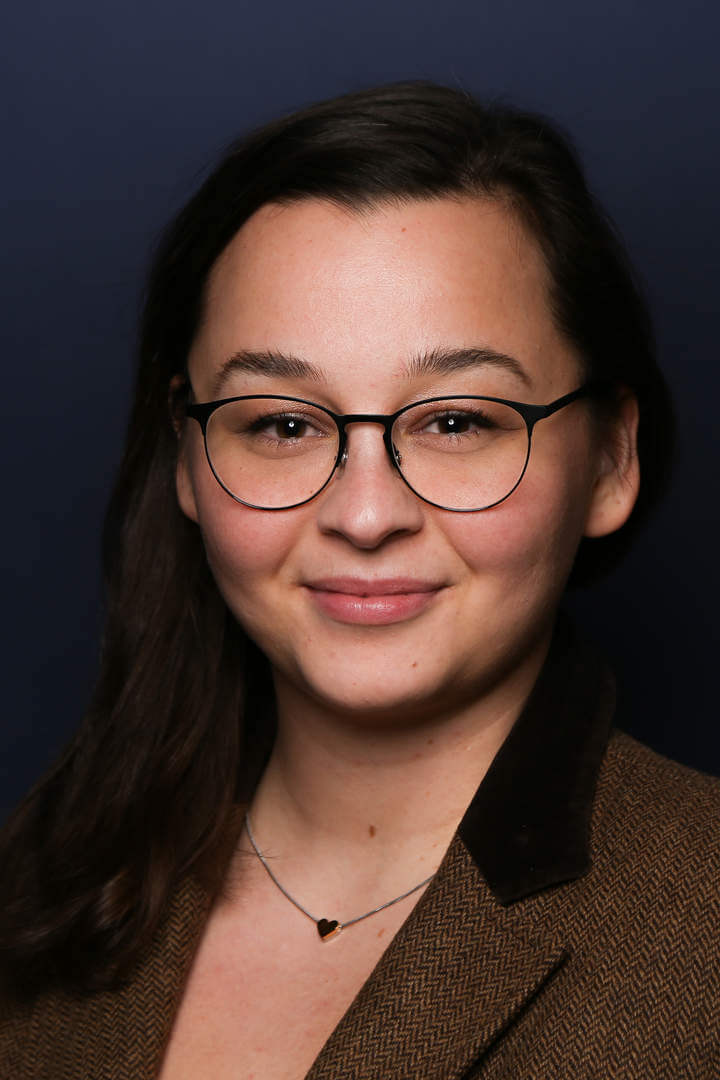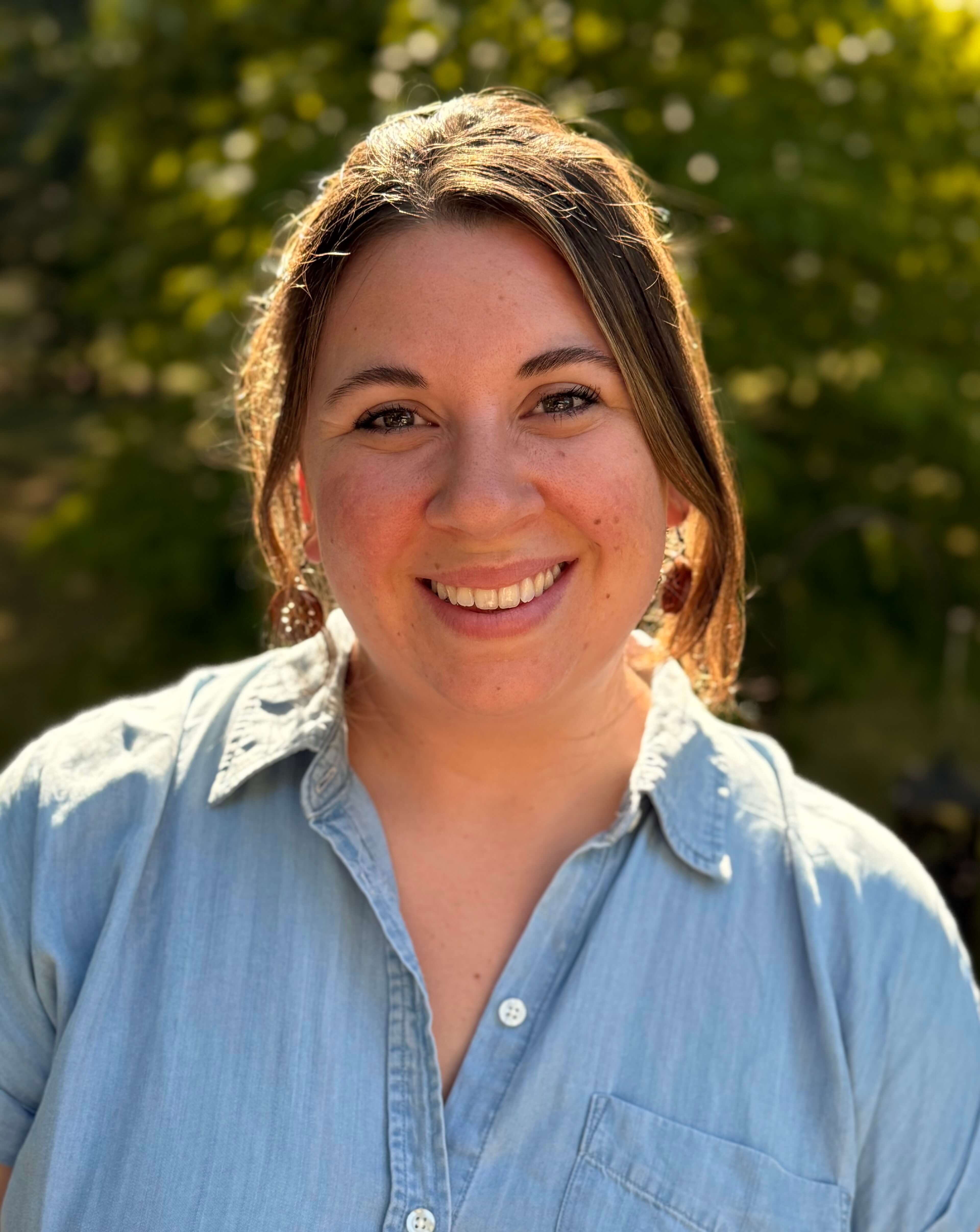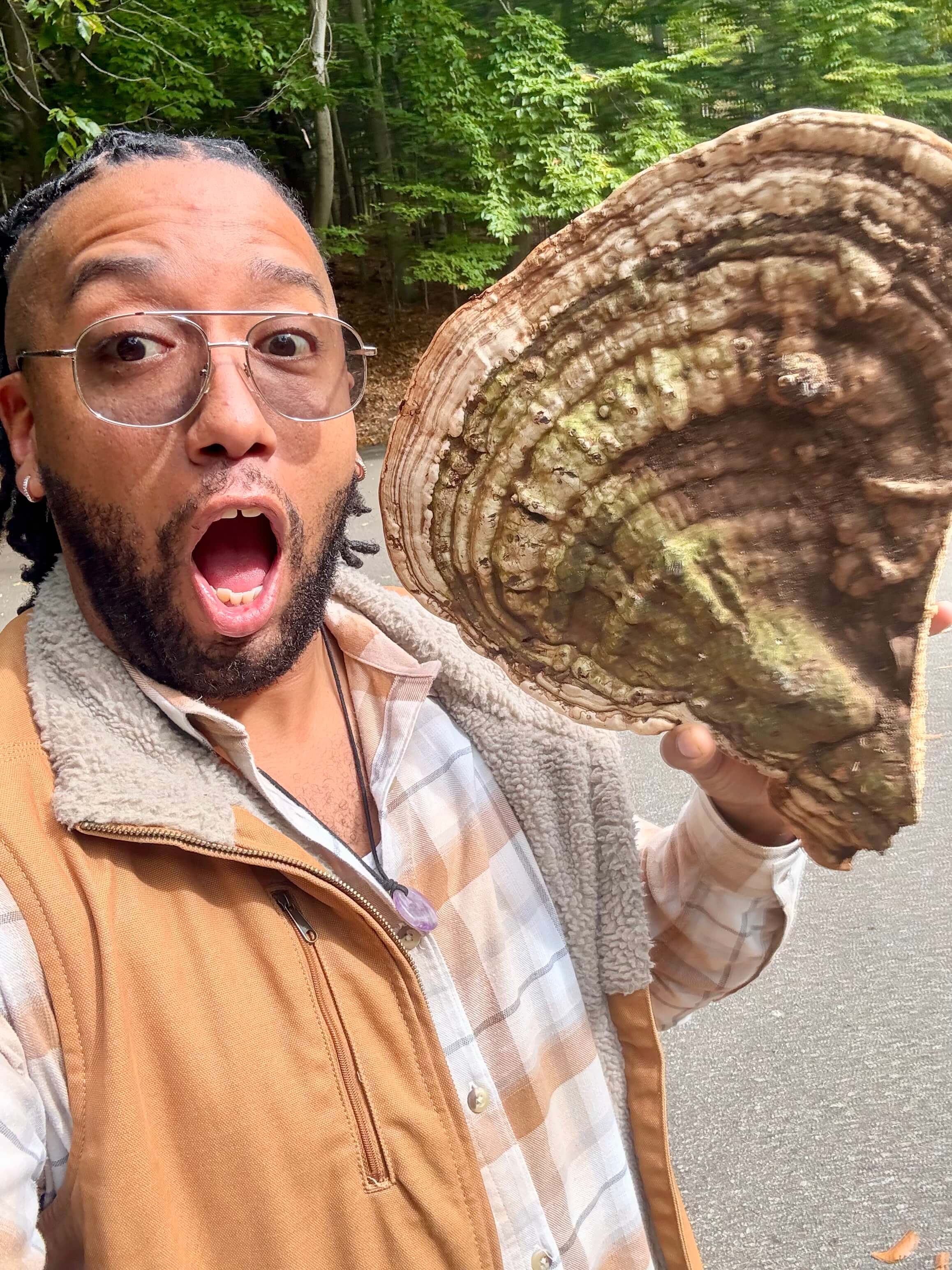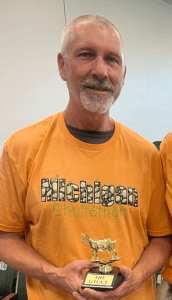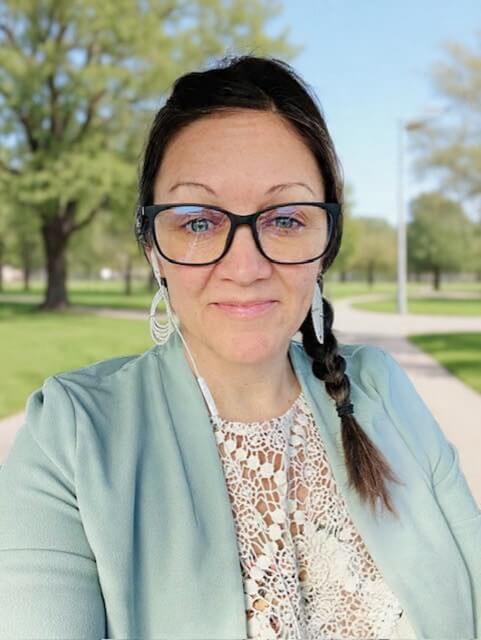MACD 2025 Annual Conference
Michigan’s conservation community—together for healthy soil, clean water, resilient forests, and thriving communities.
Stewardship in Changing Times — Building Resilience, Together
Our annual conservation conference is an exciting, multi-day event packed with over 70 insightful speakers, networking opportunities, and time to relax with social activities. The festivities kick off at 12 pm on December 7th with our State Council meeting and Director training.
December 8th opens our general conference with our Partner Luncheon, featuring updates from state and federal agencies. After this opening event, attendees can choose from a variety of specialized tracks — covering topics like invasive species, district management, agriculture, innovative conservation technology, improving your soft skills, and more.
After attending your sessions each day, enjoy a break browsing the silent auction or visiting exhibitors before our evening social hour and networking opportunities.
This conference is a can't-miss opportunity to gain valuable industry insights, make new connections, and get recharged for the year ahead. Register now to secure your spot at this premier conservation event. Every registration supports our mission of providing support for Conservation Districts throughout Michigan. Together we can lead the future of conservation!
Conference Agenda
Our annual conservation conference is an exciting, multi-day event packed with over 70 insightful speakers, networking opportunities, and time to relax with social activities. The festivities kick off at 12 pm on December 7th with our State council meeting and Director training.
December 8th opens our general conference with our Partner Luncheon, featuring updates from state and federal agencies. After this opening event, attendees can
choose from a variety of specialized tracks - covering topics like invasive species, district management, agriculture, innovative conservation technology, improving your soft skills, and more.
After attending your sessions each day, enjoy a break browsing the silent auction or visiting exhibitors before our evening social hour and networking opportunities.
This conference is a can't-miss opportunity to gain valuable industry insights, make new connections, and get recharged for the year ahead. Register now to secure your spot at this premier conservation event.
Every registration to this event supports our mission of providing support for Conservation Districts throughout Michigan.
Together we can lead the future of conservation!
Sunday, December 7, 2025 ➤
Rivka Hodgkinson, Jerry Miller.
Rivka Hodgkinson, Steve Law, John Switzer.
Monday, December 8, 2025 ➤
Rivka Hodgkinson, Jerry Miller.
Diane Gray.
Join us as we kick off the MACD 2025 Annual Fall Conference with our Partner Update Luncheon, proudly sponsored by Fischer’s Insurance and Fremont Insurance. This welcome lunch brings together Conservation District staff, partners, and friends from across Michigan to reconnect and hear important updates from our key conservation partners. Enjoy a great meal, meaningful conversations, and the opportunity to start the conference on a collaborative note! NRCS, MACD, NACD, MDARD.

Brad Deacon (MDARD).
Raju Pokarel (MSU Forestry).
While both groups express concern about climate change, their priorities differ—Tribal communities emphasize cultural preservation and treaty rights, while non-Tribal residents focus on recreation and environmental health. Through years of collaborative research that bridges Indigenous knowledge with conservation science, this work highlights how centering Indigenous perspectives and community partnerships can strengthen forest management and climate adaptation strategies that support all forest-dependent communities across Michigan.
Thi Mai Anh Tran
Della Fetzer
Veronica LaBar, Tara Tyler.
Nadene Berthiaume, John Switzer.
Erik Palm, Shelby Burlew.
Take a moment to recharge and connect with fellow attendees during our afternoon snack break, proudly sponsored by MIClass.
Enjoy light refreshments, good conversation, and a quick energy boost before heading into the next round of sessions!

Brook Baumann, Dani McGarry,NCCISMA Team, Zach Peklo.
Cheyenne Liberti (MDARD Farm to Family Program Manager).
Nadene Berthiaume, Kelly Parker.
Mike Wozniak.
Erik Palm, Shelby Burlew.
Ben Schram.
Through hands-on activities, you’ll practice identifying language that might confuse outsiders and translating it into plain language that connects. This session will boost your confidence and give you a practical skill you can take back to your community, so the next time you introduce your organization, people will get it.
Mia Mahaney.
Christine Charles.
This session explores how agrivoltaic projects can restore soil health, preserve farmland under development pressure, and create new pathways for agricultural viability. By diversifying farm operations with renewable energy partnerships, producers can reduce economic risk and adapt to today’s challenging farm economy. Participants will gain insight into how agrivoltaics can serve as a tool for farmland preservation, ecological restoration, and long-term community benefit.
Davina Bryan, Madeleine Krol.
Get ready for an evening of fun, friendly competition, and local flavor! Join us at Short’s Brewing Company in downtown Bellaire for the return of our popular CDEM Trivia Night.
The pub opens at 6:00 PM for food and brews, with trivia kicking off at 7:00 PM. Form a team of 4–6 players, test your knowledge across 10 categories, and compete for bragging rights (and maybe a few prizes!).
Wristbands are required to be seated and play - pick yours up for free at the MACD registration table or at the CDEM table during the conference. No pre-registration is needed, and the pub is reserved exclusively for our group.
Come hungry, grab a brew, and get ready to show off your trivia skills!

Tuesday, December 9, 2025 ➤
Rivka Hodgkinson, Jerry Miller
Effective recruitment involves building a positive work environment, including clear job descriptions, developing a robust onboarding process and offering competitive pay/benefits. This session will review recruitment and retention best management practices.
Patrice Martin
Rachel Straughen.
Yu Man Lee, Abby Pointer.
Over the past decade, we have recognized the importance of trying to incorporate new strategies and accommodations to make our programming more accessible and meet the needs of our community. In this talk we will share things district staff can do to make print and social media posts more accessible, discuss considerations when planning in person meetings, having inclusive swag, and highlight some tools you can promote within your community that allows the entire family to experience the great outdoors.
Dr. Shikha Singh.
Jill Dohner.
Take a moment to recharge and connect with fellow attendees during our afternoon snack break, proudly sponsored by Alpha Nurseries. Enjoy light refreshments, good conversation, and a quick energy boost before heading into the next round of sessions!
Nathan Ayers.
Christy Roman.
Patrice Martin
Mia Mahaney.
Attendees will gain practical insight into how these farmer-led collaborations strengthen local economies and promote ecological stewardship. Real-world examples from Michigan and beyond such as A Common Pasture, Washtenaw Meats, Grazing Fields, and Berry Beef in Kentucky, will showcase how cooperative models can thrive in different agricultural landscapes
Gabriel Francisco.
WLSPCP is known for birding, hiking, biking, being a designated waterfowl refuge and has an Underground Railroad connection. We have also seen new populations pop up along mountain biking trails and associated biking trailheads. Increasing extreme weather events such as storms have posed some management challenges at this site, which has resulted in increased survey efforts and management strategies. This talk will focus on some of challenges and successes we experienced when surveying and managing for this species, who our partners are, and discuss some of the outreach measures we took to complement our field work in hopes to help slow and/or contain the spread.
Dr. Shikha Singh.
Amber Butterfield.
Chandra Kinney, Michael Marinez, Bryan Farmer.
Melissa Eldridge.
Ellie Johnson, Kevin Sayers, Mike Smalligan.
Patrice Martin.
Nadene Berthiaume.
Tess Van Gorder.
In 2025, the Washtenaw County Conservation District and Growing Hope Urban Farm, a non-profit focused on food justice, have combined forces to create the Washtenaw Tool Bank Collective. Collectively we offer nearly 80 various tools & equipment for farming, gardening, and conservation projects serving the Ypsilanti, Ann Arbor, and greater Washtenaw communities.
The session will provide an overview of a working model for developing conservation tool banks: outlining determined the local need, using online systems to facilitate loans, a vision for expansion, and lessons learned along the way. We will present our experience, and the open to a round-table discussion to learn from others and answer questions.
Doug Reith.
Joe Fischer, Joe Johnson.
Ashley Connelly.
Participants will also be informed of and directed to resources they can share with producers that use the tool with them. Particpants should bring a laptop with them to get the most out of this presentation.
Sarah Zeiler.
Eric Walcott.
Sam Wallace, John Plichta, Samantha Otto, Paul Buzzard.
Reynelda Jones.
This systematic approach generated over 1,000 total student impressions while our pre/post survey data documented significant growth in watershed understanding. We'll share our curriculum framework, partnership development strategies, and measurement tools that made this program successful, plus practical insights for overcoming common challenges like scheduling, transportation, and teacher buy-in. Whether you're looking to launch your first school program or expand existing educational outreach, you'll leave with actionable strategies for building sustainable school partnerships that amplify your conservation message throughout the community while establishing your district as the go-to educational resource for environmental stewardship.
Erin Horton.
One of the goals of SHIP is to scale up implementation of practices to reduce phosphorus losses into Lake Erie to help the state meet their 40% reduction goal. This program has enrolled over 40 farms so far in a wide variety of practices ranging from precision nutrient management and cover crops to edge of field practices to reduce erosion. In this session, a panel of conservation specialists will share about how they are working with producers in the Western Lake Erie Basin to implement the program in its first year. They will discuss how the design (e.g., practice standards, payment rates, stacked practices) of this program has allowed them to successfully engage producers beyond the usual early adopters. Specialists will also discuss how they overcame challenges during the process of recruiting and enrolling producers, and provide updates on the implementation of various practices thus far. The panel will conclude with a Q & A session with the audience.
Alison Bressler, Allegra Baird, Jackson Cenusa, Brady Hess.
Practice natural conversation starters: "Did you know this elderberry gives you immune-supporting syrup AND feeds 40+ bird species?" Position natives as multi-purpose investments that benefit both personal health and land stewardship. Create your own herbal tincture using plants from our inventory so you can speak from genuine experience about their uses and quality. Nothing sells native plants like authentic enthusiasm. You will take home an herbal tincture you create and experience you can share with to discuss traditional plant uses during sales interactions and workshops.
Erin Horton.
In February 2025, the Michigan Earned Sick Time Act went into effect, establishing changes to the state’s earned sick time laws. House Bill 4002 amends the existing Earned Sick Time Act expanding paid sick leave. This session will provide an opportunity to learn about the Earned Sick Time Act and how it impacts Conservation Districts.
MDARD CPUNicole Frost, Vic Lane.
Unwind and enjoy a relaxed evening of laughter and friendly competition at Game Night, sponsored by Country Oaks! Bring your favorite board game or card game to share, and we’ll provide the pizza, drinks, and snacks. Whether you’re here to show off your strategy skills or just want to kick back and connect with fellow attendees, this casual evening is all about good company and good fun. Everyone is welcome - come play, snack, and make new friends!

Wednesday, December 10, 2025 ➤
Steve Law
*This will be an add-on ticket item when registering.*
Justin Sean.
Shoshanna Nachman.
Matt Watkeys (DNR).
MDARD CPU.
Sarah Zeiler.
Steve Law
Jamie Rye
Kelly Parker, John Switzer.
Jeremiah Asher.
Melissa Zelenak.
Rachel Cuschieri-Murray, Karen Thurow, Chelsey Lawton, Albert Jones.
Tristan Hewitt.
Featured Speakers
Our featured speakers share practical strategies, real successes, and lessons from the field. Explore their profiles to see how they’re strengthening Michigan’s soil, water, forests, and communities.

Jerry Miller
Veteran conservation advocate advancing MACD governance, statewide coordination, and director development.

Alita Kelly
Alita Kelly is a food systems practitioner with over a decade of experience advancing equitable and sustainable local food economies. She founded the micro grocery store South East Market, where she developed procurement systems prioritizing local, culturally rooted, and environmentally responsible food. Alita continues to support the Michigan Department of Education in strengthening statewide farm to school networks and increasing access to fresh, local foods in schools. Through her project design and curated experience firm, Jade Rabbit, Alita helps institutions and communities integrate local food sourcing and sustainability, has led multiple community garden developments across Grand Rapids, and supports organizations in embedding more equitable practices into their planning and projects. She is currently restoring a 10-acre apple orchard in Northern Michigan and building a farm sanctuary near South Haven focused on land healing, ecological stewardship, and community retreat.
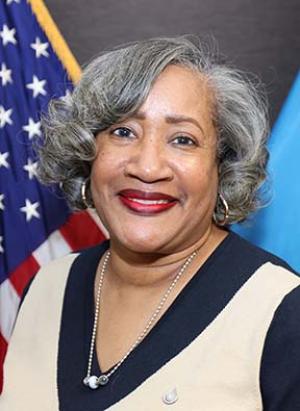
Diane Gray
I was honored to be selected as the 11th State Conservationist for NRCS-Michigan. I began my USDA career as a clerk-typist for Rural Development in my home state of Illinois. In 1986, I joined NRCS, and in 1995 my career took me to Michigan. Over 40 years I have seen many changes in our agency including its name being changed from the Soil Conservation Service. Change is a constant, and our agency has only persevered and become stronger and better at what we do, helping people help the land. I look forward to meeting the challenges the future will bring. My optimism comes from working for NRCS-Michigan for more than 30 years and knowing that the people who make up this agency have met every challenge set before them.
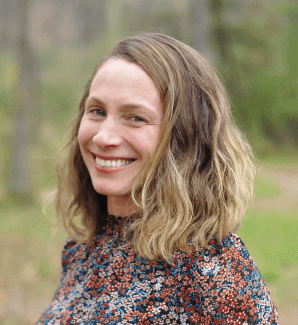
Jill Dohner
Connects farmers with land and support across Michigan—bringing practical tools and partnerships to successful farm transitions.
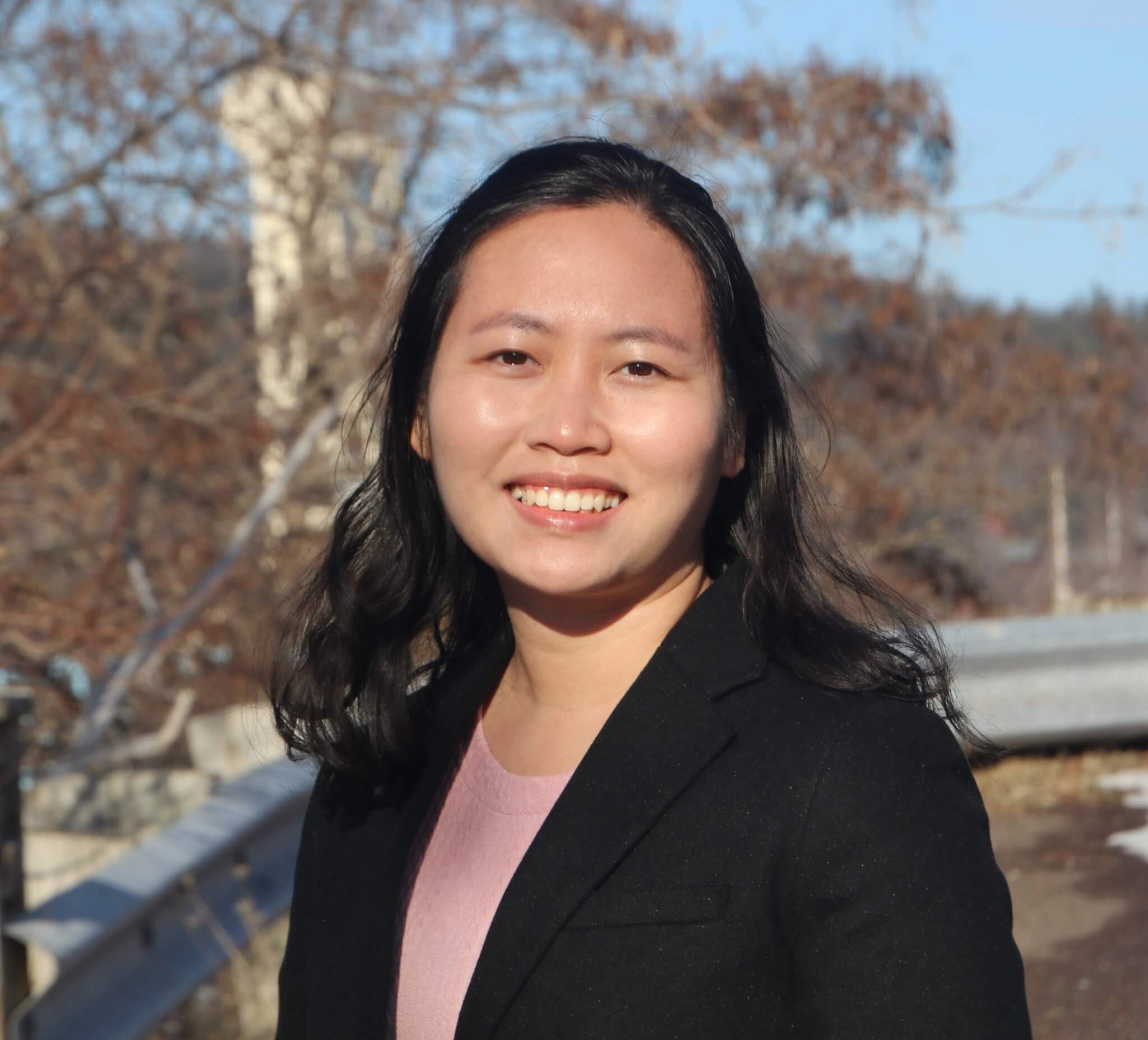
Mai Anh Tran
Bridges Indigenous and Western sciences to advance forest stewardship, climate adaptation, and community resilience.

Patrice E. Martin
Organizational-growth consultant helping districts plan strategically and train new directors; deep experience in workforce development and nonprofit governance.

Reynelda Jones
LMSW-C, CAADC, ADS, CIMHP — practical, holistic tools for stress and burnout prevention tailored for leaders and teams.
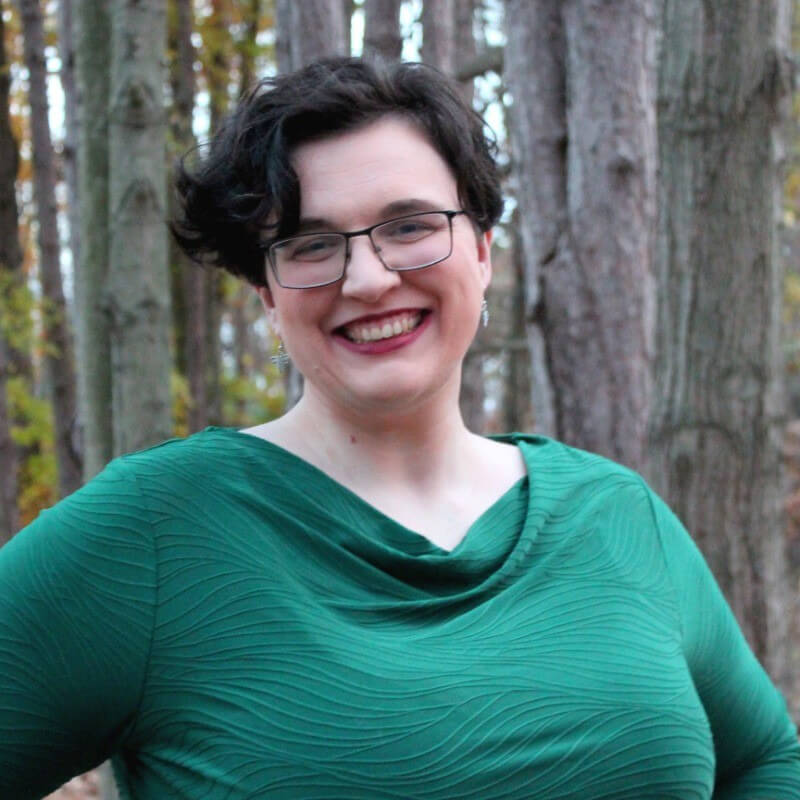
Rivka Hodgkinson
Collaborative statewide leader strengthening district capacity, partnerships, outreach, and director development.

Steve Law
District and MACD leader focused on board effectiveness, legislative engagement, and practical support for directors and managers.

Brook Baumann
District administrator for the Mecostra Conservation Disctrict.
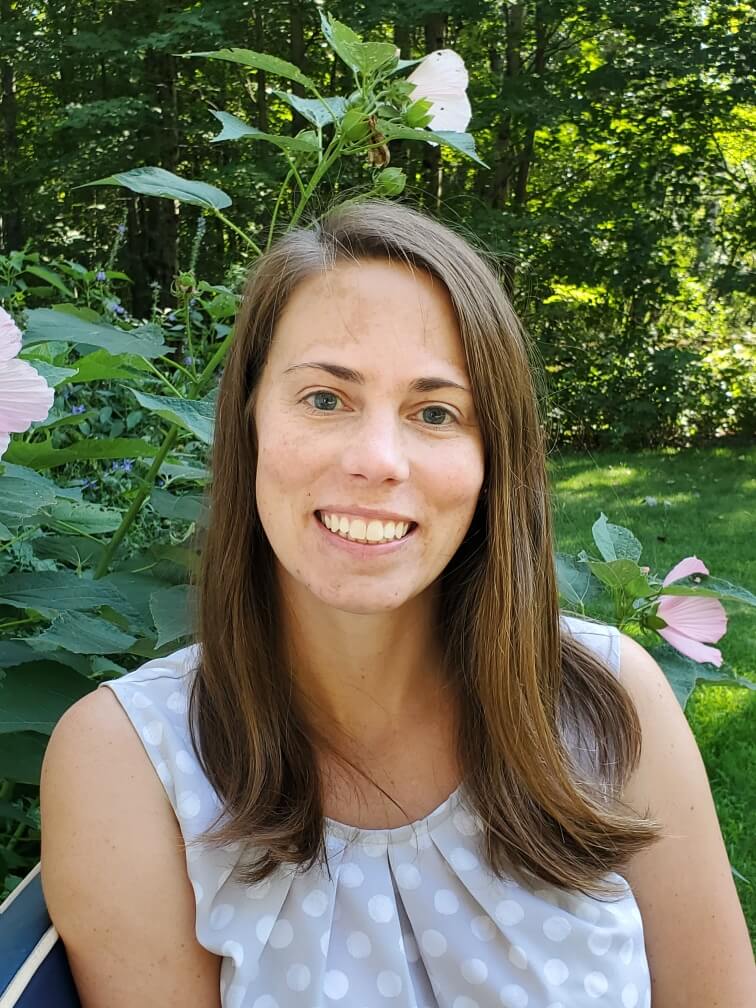
Dani McGarry
Executive director of the Mason-Lake Conservation District.

Melissa Eldridge
Serving the Ionia conservation district as President CDEM.
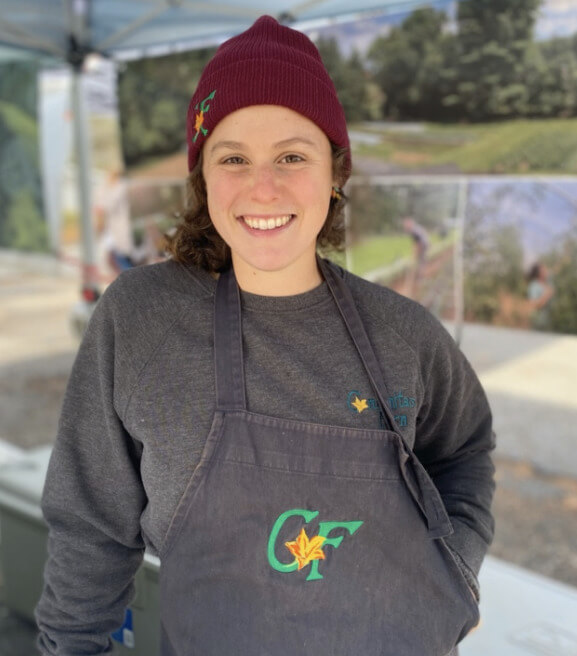
Shoshanna Nachman
Growing up, I remember our annual trips to Larriland Farm, a local family-owned, pick- your-own farm. Little did I know that an activity as simple as picking delicious fruit would become such a large part of my life. In fact, I didn’t think farming could be career for myself until I entered my mid-to-late 20s. In college, I studied environmental science. I knew I wanted to work outside, but I also wanted to support my community and help address climate change at a local level. For a while, it was difficult to reconcile these values. I worked various jobs looking for “the right fit.” Unexpectedly, I found that farming combined my values with my desire to be connected to nature. I’m excited to enter the next phase of my farming journey, starting a farm that is ecologically and sustainably minded.
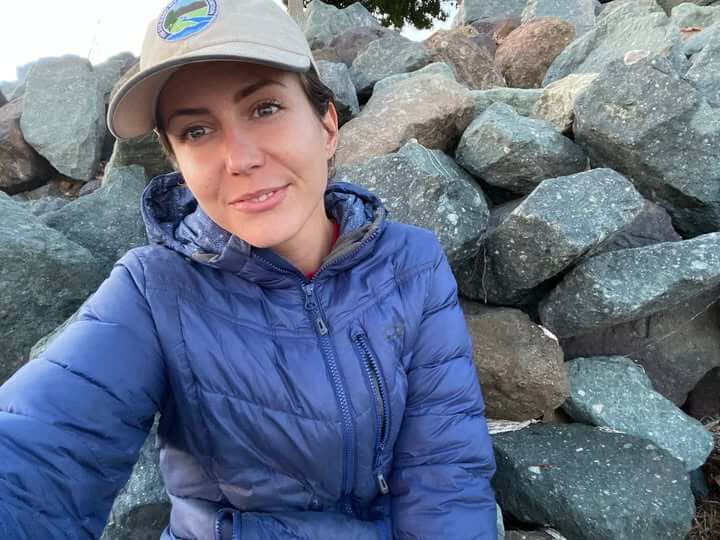
Chandra Kinney
Offering Wildlife Management Services through HuntMICollaborative. Kalamazoo Conservation District has been working in collaboration with the HuntMICollaborative to offer wildlife management services to our county members through organized group management hunts. These hunts not only provide crop damage services to landowners, they also raise culture and ecological awareness and hunters education. Come learn how our collaborative operates and discover if it's a good fit for your district..
Tristan C. Hewitt
Tristan joined the Gladwin Conservation District in April 2019 as the Executive Director. He is from West Branch, Michigan and graduated from CMU with a Bachelor's Degree in Economics. He previously worked as a Farm Bill Technician for Sanilac County, Michigan. Tristan is an outdoor enthusiast and loves northern Michigan. He also loves exploring, spending time with his family, and learning.
Tess Van Gorder
Tess Van Gorder is a Conservation and Regulatory Relations Specialist at Michigan Farm Bureau. She collaborates with governmental and non-governmental organizations on opportunities related to environmental
Sarah Zeiler
Sarah Zeiler grew up in Southern Michigan where she lived on a laying hen and row crop operation. She received her Bachelor of Science in Biology. Having a natural inclination toward land stewardship, she attended Bowling Green State University and received her Master of Science in Ecology. She has been working for Extension for 8 years as an Environmental Management Educator. Previously, Sarah has worked as an engineering coordinator for a local municipality, a biology instructor, a watershed coordinator, and a conservation technician. Sarah’s interests are in water quality, nutrient management, and the interface of rural and urban spaces on water issues.
Nathan Ayers
Nathan Ayers is the Executive Director of Chiwara Permaculture Research & Education, Project Lead for the Michigan Agroforestry Partnership, and Creator of the Tree Lab. A life-long protector of the Great Lakes and all of her jewels, Nathan and his family own a 20 acre Agroforestry farm in Oceana County.
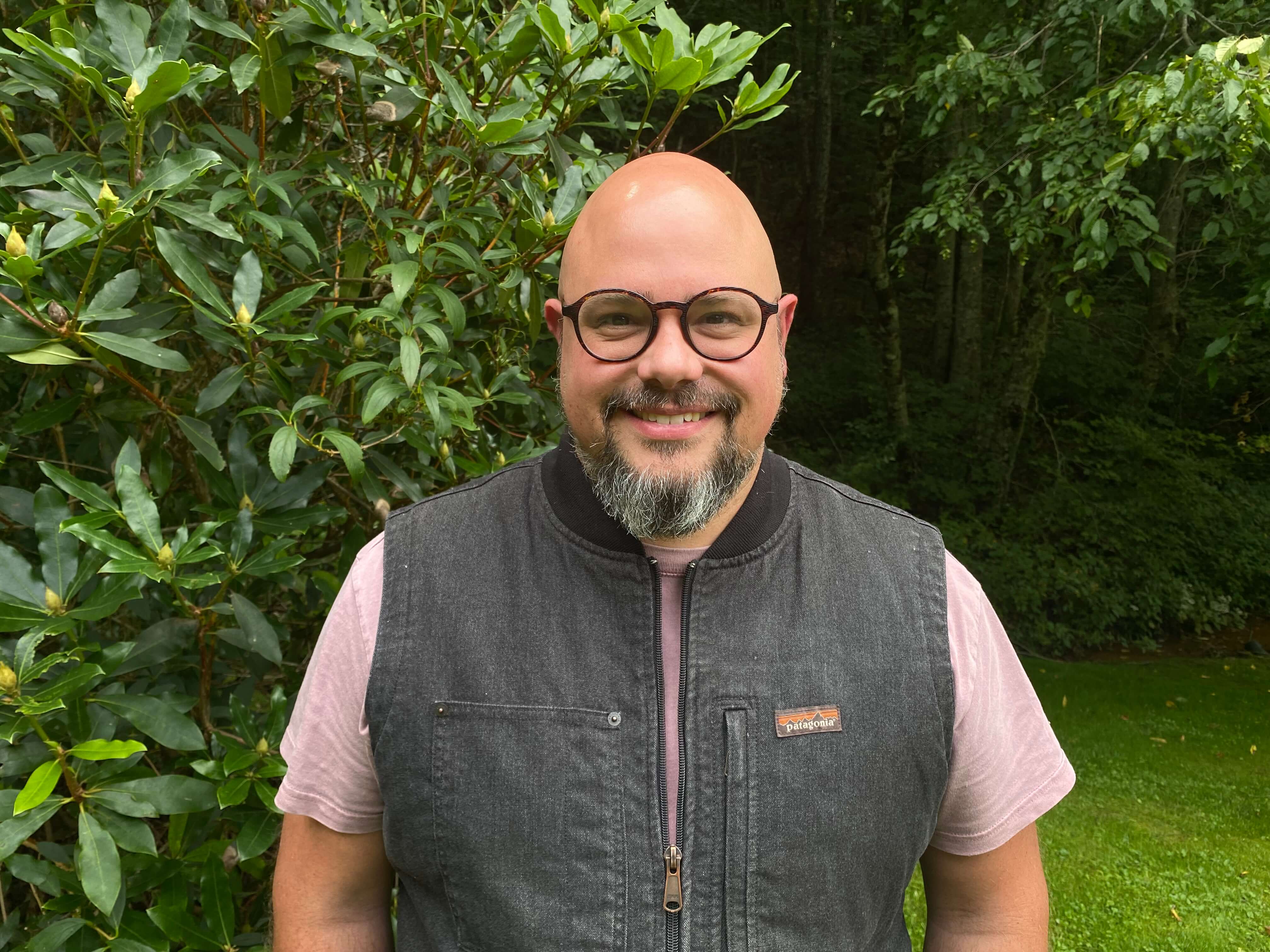
Jamie M Rye
Over the past 22 years, I have dedicated my career to building stronger nonprofits, organizations and communities through social justice, equitable food and health access, equitable housing, regenerative agriculture, and conservation work. In this time I have raised over $27M in funding for organizations through a slew of funding mechanisms. My diverse experience spans multiple roles and regions, each deepening my commitment to sustainable systems and community empowerment.
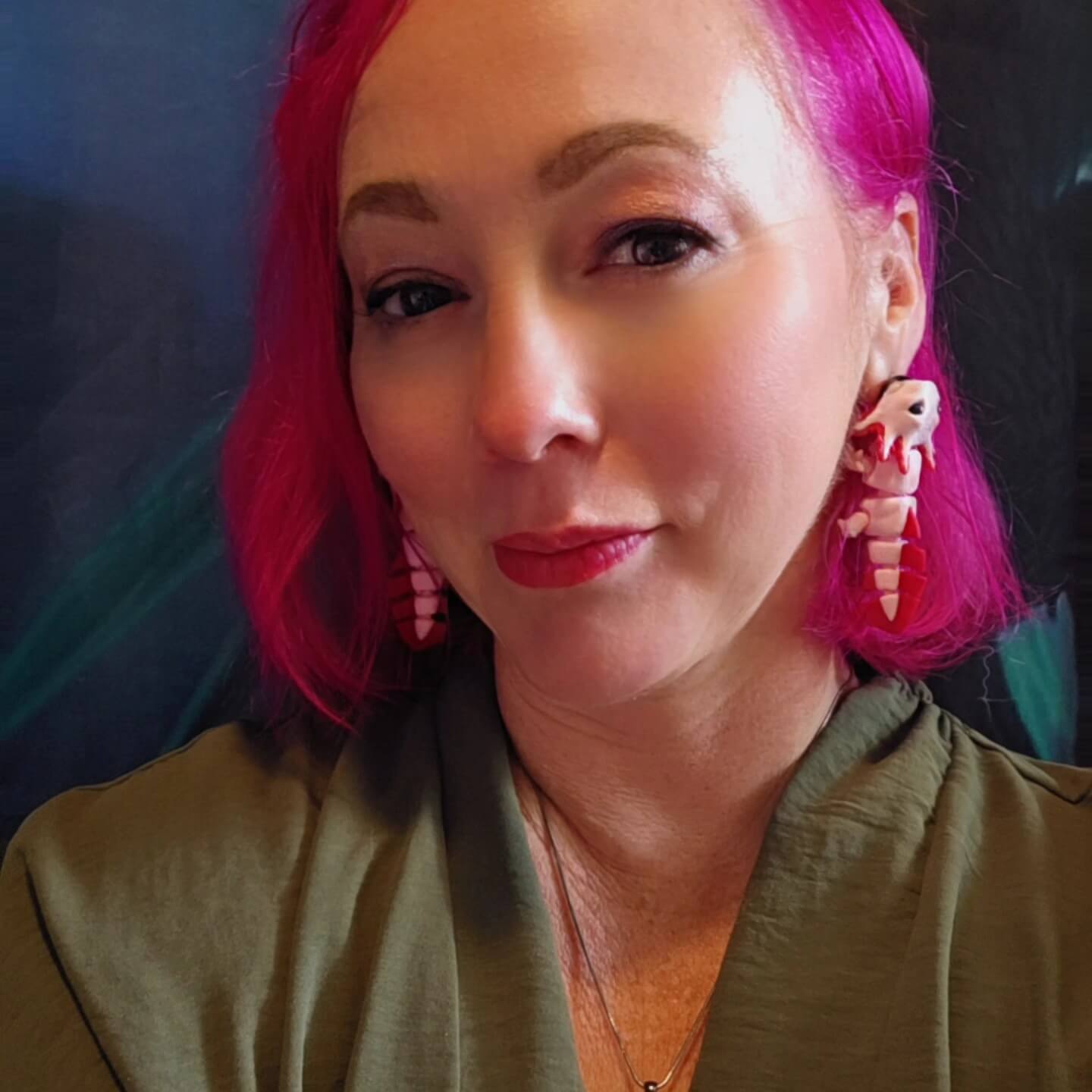
Erin Horton
Erin Horton is the Conservation Outreach Coordinator for the Missaukee Conservation District. Erin has served for over a decade in Los Angeles, Traverse City and Cadillac schools before helping to establish an after school program in Marion, MI. Her most recent degree, Education Specialist, came from CMU. Earlier, in California she earned a BS in Spanish and an MS in Multicultural Education. She is excited to serve her local community and promote healthy practices with our natural resources. She has been studying wildcrafting and traditional medicines as a personal hobby for over a decade.
Ellie Johnson
Ellie Johnson is the Outreach Forester for the Michigan Forest Association. Prior to this role she served as District Forester for Leelanau, Grand Traverse, and Benzie Conservation Districts through the Forestry Assistance Program. She is a Candidate Certified Forester for Society of American Foresters (SAF), serves as the Michigan SAF chapter Secretary, and is a Board Officer for the NW Invasive Species Network. Ellie has an MS in Forest Resources from Clemson University, and a BS in Environmental Biology and a BSe in Secondary Biology Education from Clarion University of Pennsylvania. Originally from Erie, PA, she now lives in Traverse City, MI and spends every possible moment in the woods.
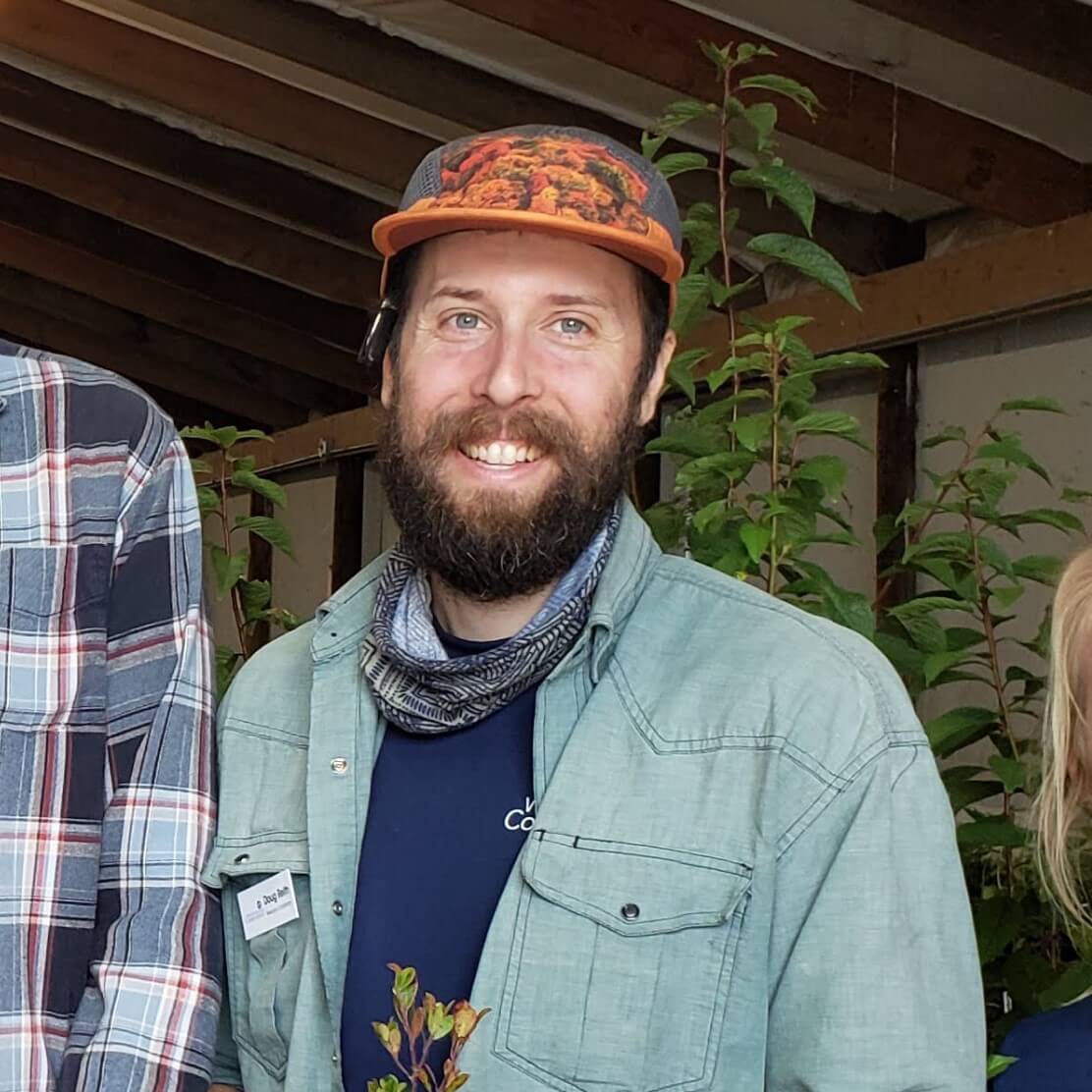
Doug Reith
Doug Reith is the Resource Specialist at the Washtenaw County Conservation District. He supervises and coordinates conservation resources programs including the Plant Sales, Rain Barrel Sales, and Tool & Equipment programs. He has coordinated the Native Plant Expo & Marketplace and started the School & Community Habitat Grant program.
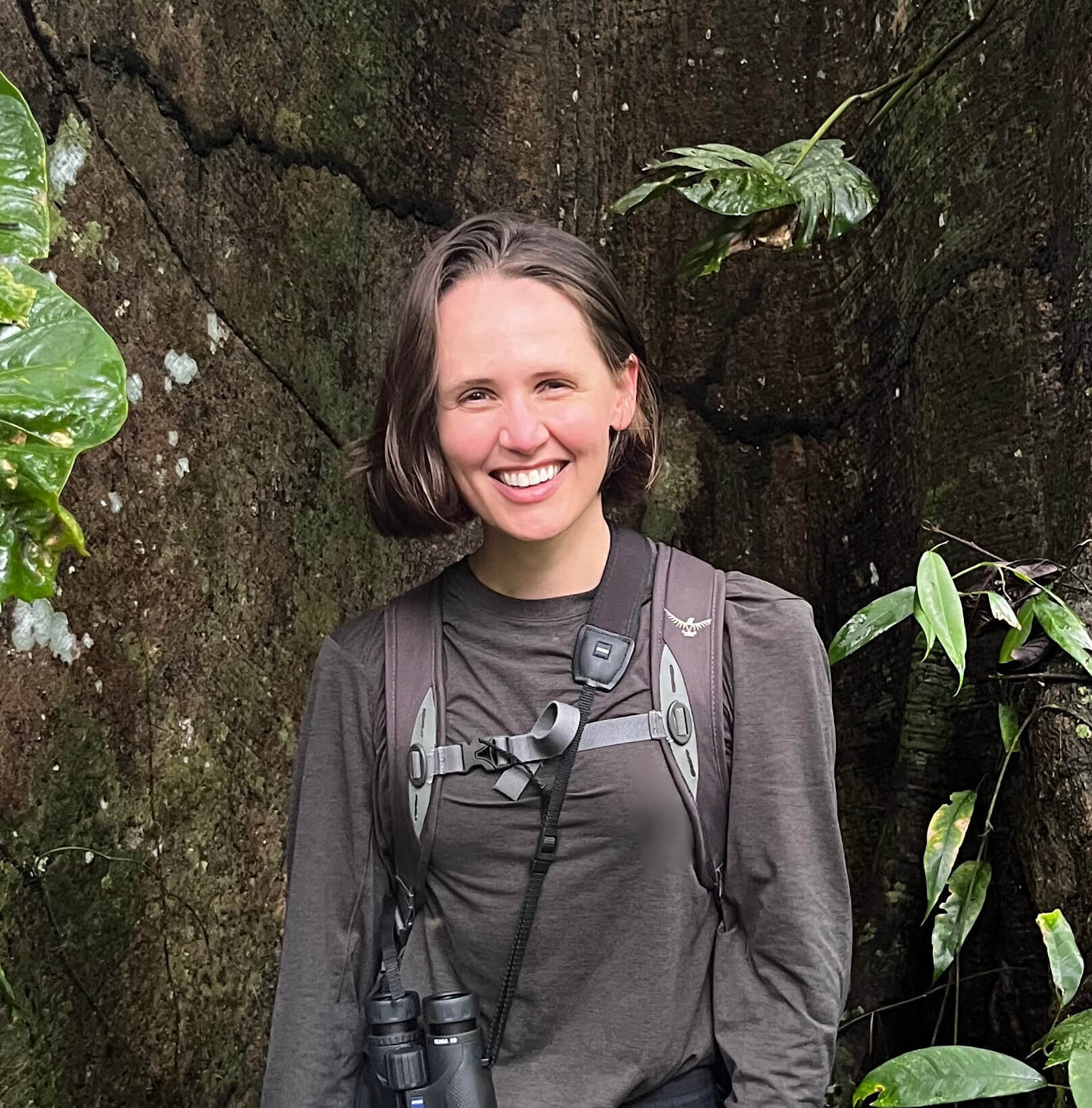
Della Fetzer
Della Fetzer is a plant biologist and the founder of Rebel Cultures, where she and her team develop novel tissue culture methods to support conservation, habitat restoration, and specialty crop production. Her work emphasizes making advanced plant propagation accessible to conservation districts, growers, and restoration projects — particularly when seed sources are limited or unavailable. She collaborates with universities, growers, and conservation nonprofits to stabilize endangered plant populations, expand habitat for threatened wildlife, and strengthen Michigan’s natural resource resilience.
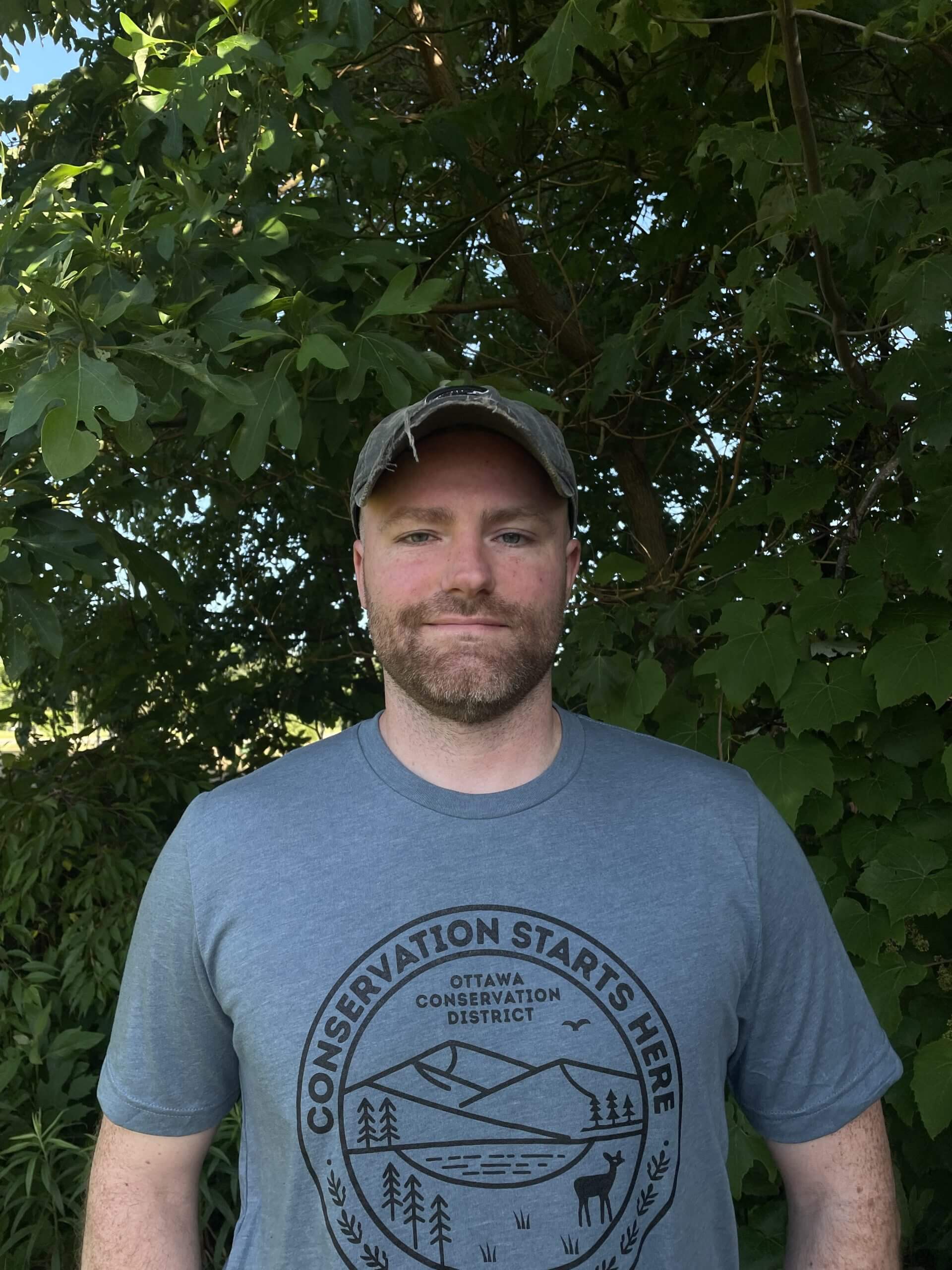
Ben Jordan
Over his career he's been able to help farmers and residents in Ottawa County and surrounding counties cover 25,456 acres with cover crops, plant 4,661 acres with no-till planting, replaced 76 failing septic systems. He's also helped farmers install a dry manure storage facility, two livestock crossing and exclusion projects, and a grassed waterway. All of these practice installations and septic system replacements have resulted in the reduction of 4,175 tons of sediment, 25,515 lbs of phosphorus, and 88,689 lbs of nitrogen from Ottawa County streams. These numbers don't event include the work being done through our two current nonpoint source grants.
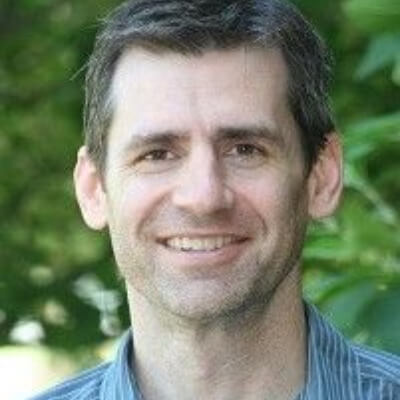
Jeremiah Asher
Jeremiah Asher is the Assistant Director at the Institute of Water Research, having an extensive background in geographic information systems (GIS), project management, decision support system development, and natural resource management. His research focus is on translating field research to decision support application systems. He is the chief application developer for two nationally awarded decision tools, the North Carolina Ecosystem Enhancement Program for Pasquotank Watershed and the Water Withdrawal Assessment Tool interface for the State of Michigan. His most recent activities and research focus on developing sensors for managing water, groundwater and managed aquifer recharge, edge-of-field monitoring, and floating wetland research.
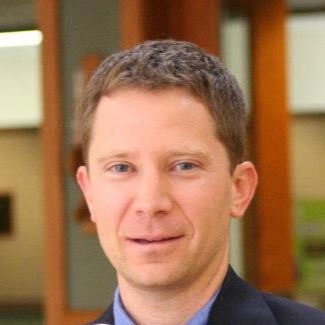
Kevin Sayers
Kevin Sayers is State Coordinator of the Urban & Community Forestry Program for the Michigan DNR.
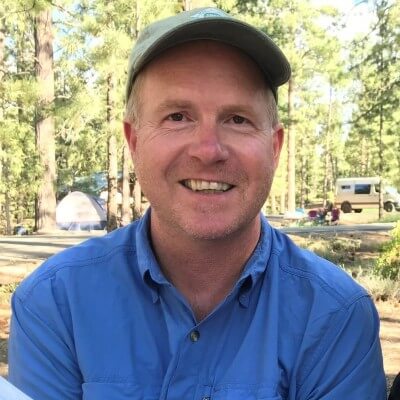
Mike Smalligan
Mike administers the Forest Stewardship Program, funded by USDA Forest Service, to help family forest landowners manage, protect and enjoy their woods. The five goals of the Michigan Forest Stewardship Program are empowered landowners, accessible markets, clean water, certified forests and school forests. He applies to USFS for competitive grants to create innovative programs and partnership like Forest to Mi Faucet, Wheels to Woods and Forests for Fish.
Veronica LaBar
As Regional Manager, Veronica is the primary point of contact for participating municipalities in southwest Michigan, providing consultation regarding plan administration, plan and benefit changes, participant education, needs analysis, and collective bargaining assistance. She is available for on-site meetings with administrators, councils, boards and committees, and is responsible for ensuring outstanding service and value through the coordination of the MERS Regional Team.
Yu Man Lee
Yu Man has conducted inventories, research, and monitoring to assess Michigan’s rare and declining animal species, particularly amphibians and reptiles, and their conservation needs since joining MNFI in 1997. Other focus areas include vernal pool mapping and monitoring, climate change vulnerability assessment, species distribution modeling, conservation planning, education and outreach, and community science. Growing up in New York City, she was inspired by Jacques Cousteau TV specials to become a marine biologist, only to learn she gets terribly seasick. Changing to wildlife biology, she pursued a BS in Natural Resource Management at the University of Michigan and her MS in Wildlife Science from Oregon State University.
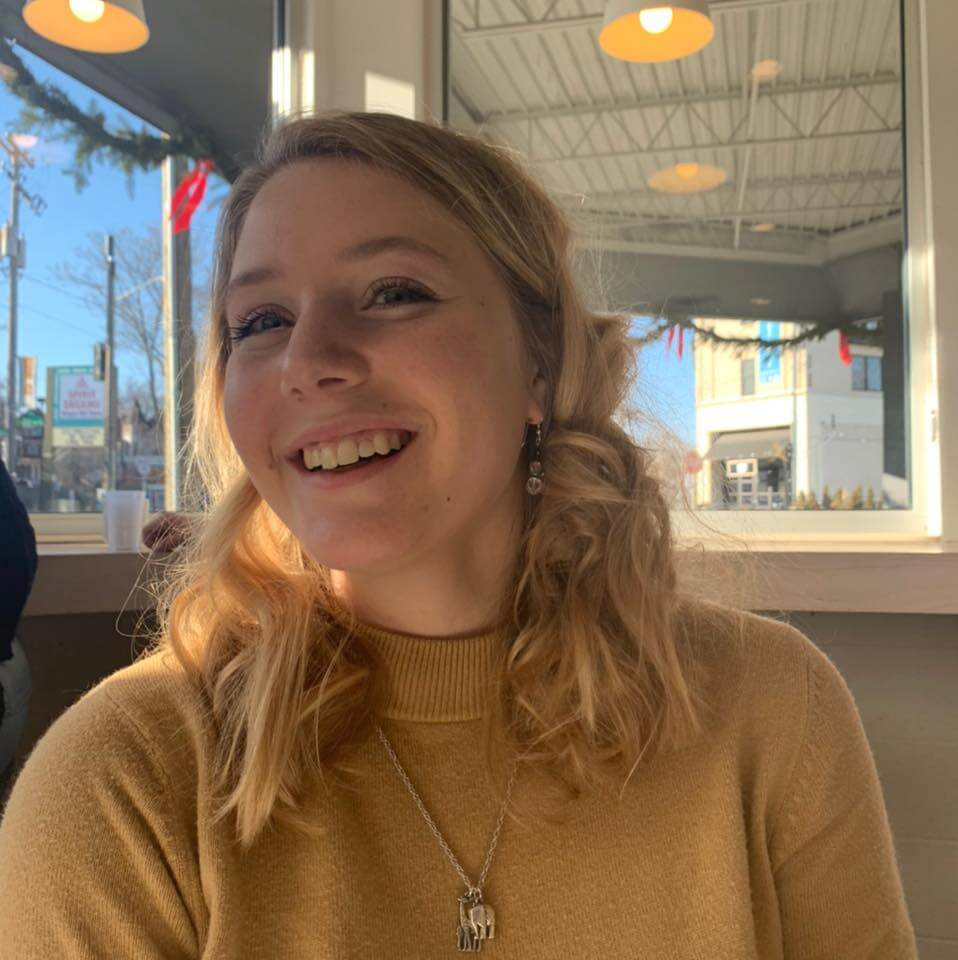
Abby Pointer
Abby is the Outreach & Education Coordinator for the Michigan Nature Association. Her role is largely dedicated to facilitating the Michigan Vernal Pools Partnership (MVPP), a collaborative, statewide partnership focused on the conservation, research and mapping, and education around vernal pools.
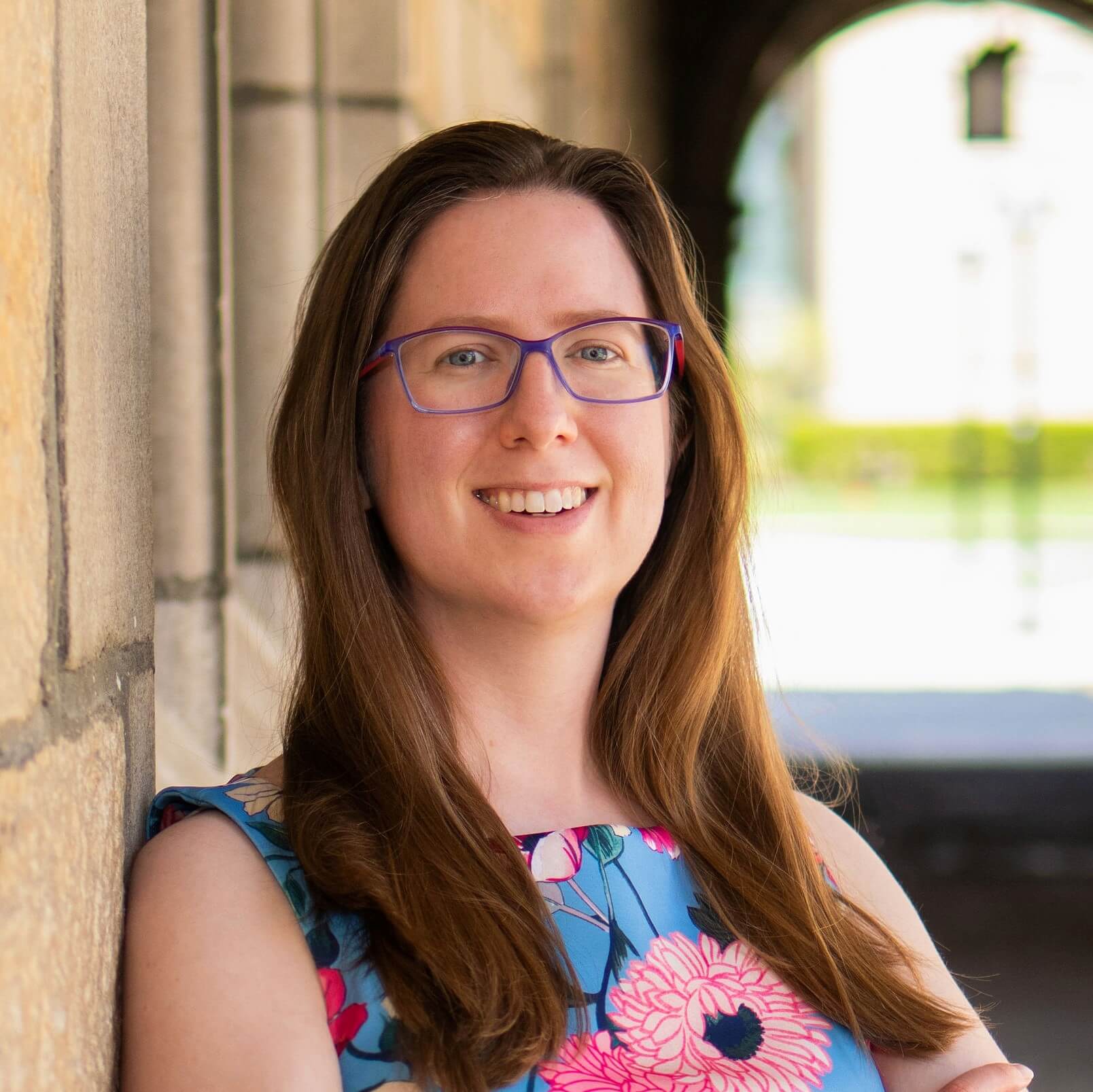
Allison Bressler
Alison Bressler is the program manager for the Western Lake Erie Basin Advisory Group, a community group in southeast Michigan that works with the state to improve water quality in Lake Erie by addressing phosphorus pollution. Alison is facilitating this session with the conservation specialists who have been working with producers to enroll in the SHIP program.
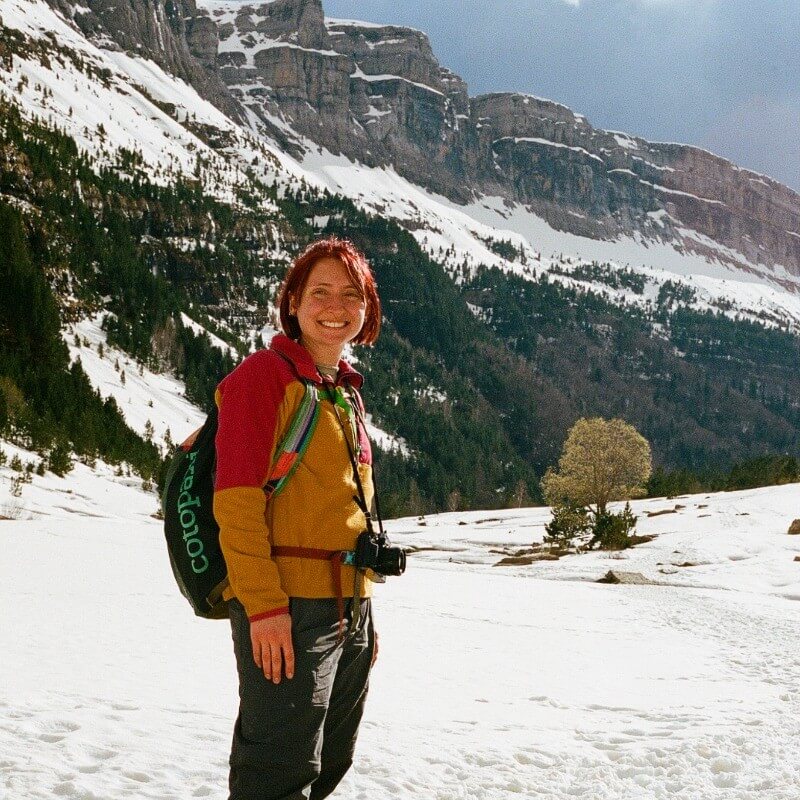
Allegra Baird
Allegra Baird is the Conservation Specialist at Lenawee Conservation District. Allegra has a Master’s in Ecosystem Science and Management from the University of Michigan and worked as a natural areas stewardship technician before joining the district.

Amber Butterfield
Amber has a background in program management, partnership development, and strategic communication, and brings a practical and people-centered approach to her work. She is passionate about creating opportunities for districts to thrive, whether through increased visibility, expanded collaboration, or more effective engagement with partners and the public. She believes that strong relationships and clear communication are the foundation for impactful conservation.
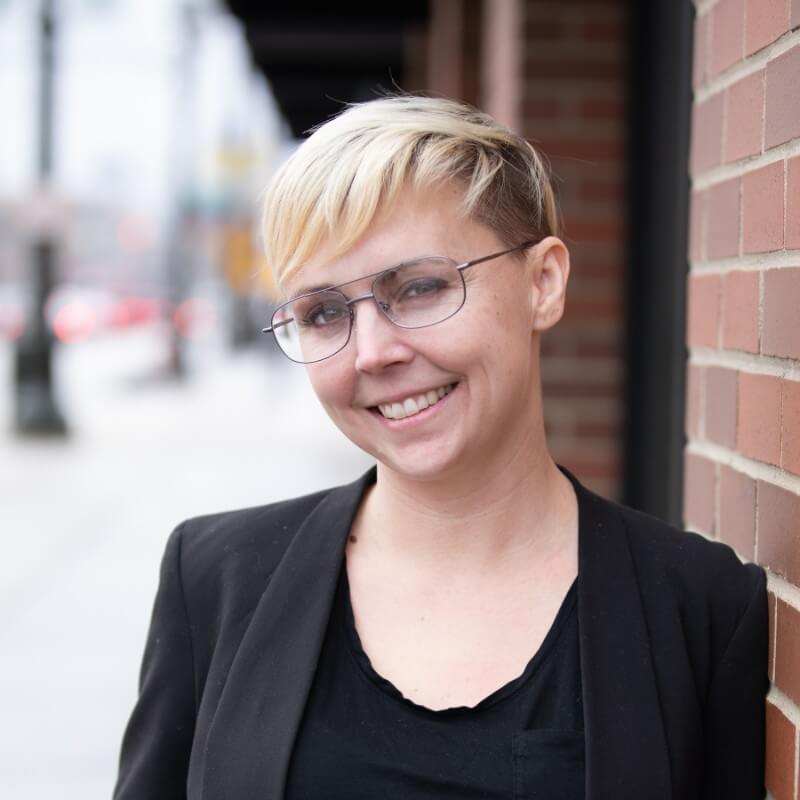
Ashley Connelly
CEO Ashley Connelly has 15 years of high-quality experience working in Community Development, Defense, Manufacturing, Workforce Development and Engineering industries. Her expertise is in converting government funding priorities into commercial or community application by bringing together strategic stakeholders and jointly creating programs to spark economic and/or educational opportunities in the region while strengthening communities.
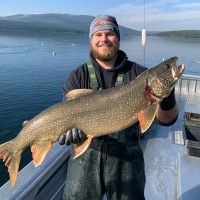
Brady Hess
Brady Hess is the Conservation Specialist at Hillsdale Conservation District. Brady has a Bachelor’s of Science in Fisheries and Wildlife Management from Lake Superior State University and worked as a Conservation Reserve Program Specialist before joining the district.
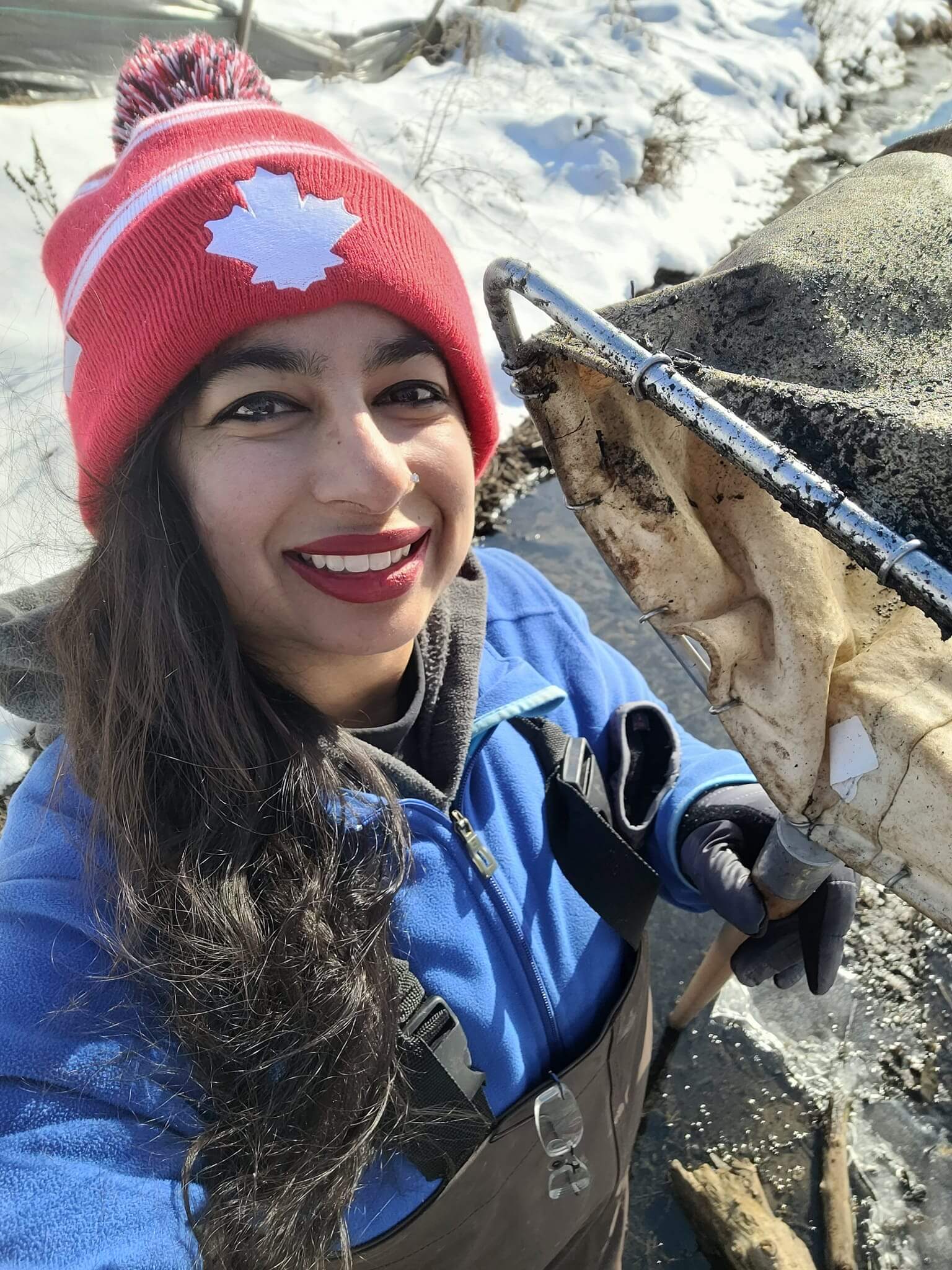
Shikha Singh
Dr. Shikha Singh is the Coordinator of the Jackson, Lenawee, and Washtenaw Cooperative Invasive Species Management Area (JLW CISMA). Her work includes community education/outreach, management, and the treatment of invasive species within the tri-county region. Shikha holds a masters and doctorate degree in the Dept. of Fisheries and Wildlife from Michigan State University. She has been working on environmental issues within the Great Lakes region for the past 21 years, focusing on water quality, environmental policy, and invasive species. She originally hails from Canada, is an avid sports enthusiast, cook, and a nature photographer.
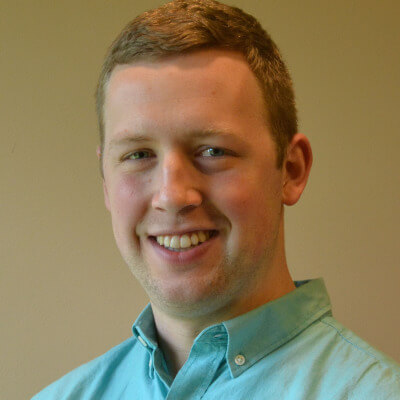
Eric Walcott
Eric Walcott is a Senior Specialist with MSU Extension's Government and Community Vitality programs, where he contributes to the design and delivery of educational programs that strengthen local government capacity and support thriving communities across Michigan. His work focuses on fiscal sustainability, good governance, civic engagement, and inclusive leadership, with a particular emphasis on supporting elected officials and government staff through training, facilitation, and technical assistance.
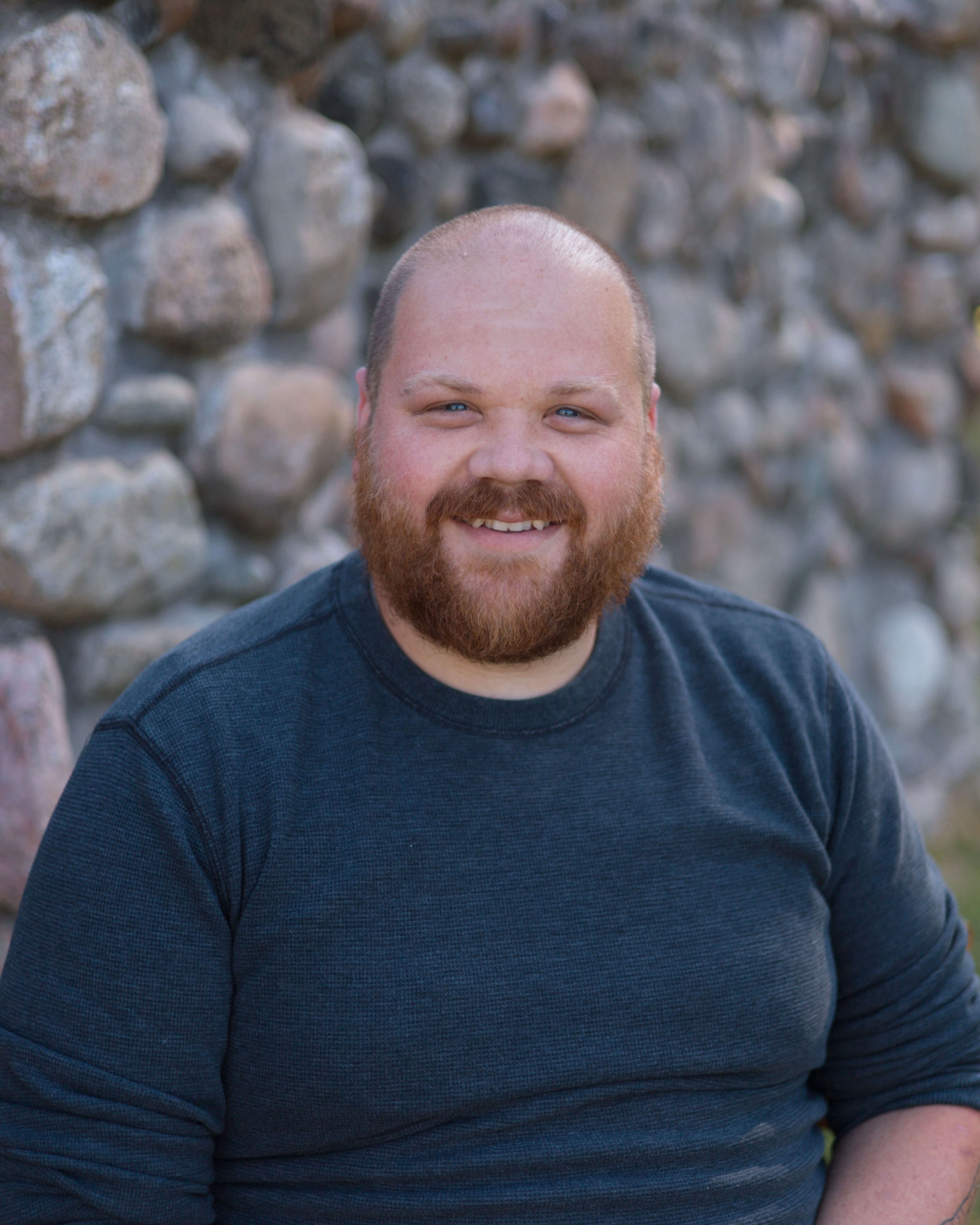
Gabriel Francisco
Gabriel Francisco is a Conservation Technician at the Van Buren Conservation District and is their Livestock and Grazing Specialist. He is a graduate of the Wendell Berry Farming Program studying Sustainable Agriculture and Draft Animal Power Systems. When not working for the conservation district Gabriel is the owner and head farmer of Thunderfoot Farms a multi-generational livestock farm in Paw Paw Michigan that holds the distinction of being the first Certified Naturally Grown” livestock farm in the state of Michigan, and is also a co-founder of “A Common Pasture” a group of small acreage highly diversified livestock farmers in southwestern Michigan who sell and farm their products in partnership with each other.
Tara Tyler
As MERS Benefit Plan Advisor, Tara works with municipalities in Lower Michigan who are considering adoption of MERS’ programs. She serves as a liaison between employers, boards, unions and consultants throughout the decision-making process and final enrollment. Tara has a Bachelor of Administration degree in Marketing from Baker College, as well as a Life and Health Insurance License. She joined MERS in 2006.
Jackson Cenusa
Jackson Cenusa is the Conservation Specialist at Monroe Conservation District. Jackson has a Bachelor’s of Applied Science in Environmental Conservation from Skagit Valley College and worked in an Environmental Conservation Lab and as a teacher before joining the district.
Joe Fischer
Joe Fischer is the representing insurance agent from Fischer Insurance for the MACD Business Insurance Program. With over 10 years of experience supporting conservation districts across the state, the program provides comprehensive and customized insurance solutions designed to meet the unique needs of each district. Joe brings extensive knowledge of risk management and a long-standing commitment to serving Michigan’s Conservation Community.
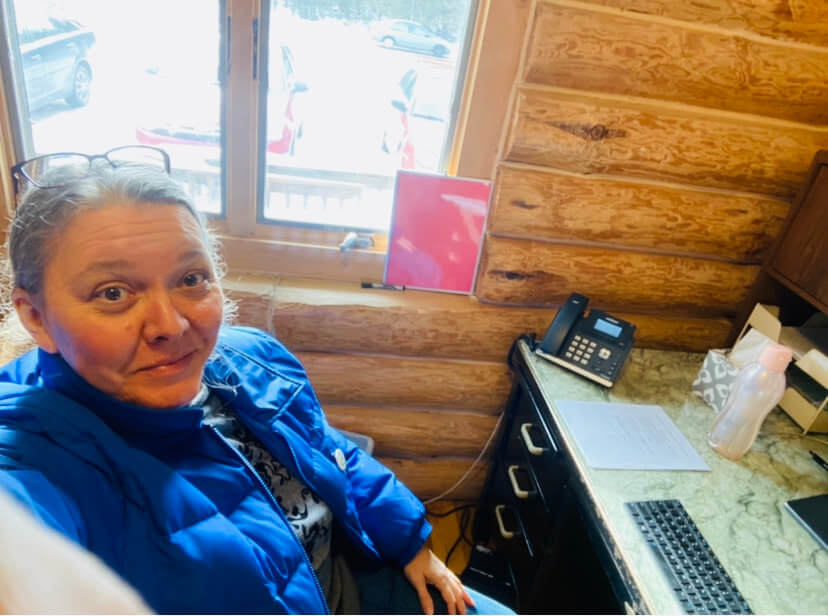
Melissa Zelenak
Melissa is a lifelong friend of the environment. Her first memory of caring about the planet as a child is taking her little red wagon door to door to collect newspapers from her neighbors to recycle for them. Since then, Melissa remains a die-hard recycler and environmentalist and her career has led her to work with a diverse range of people and organizations.

Mia Mahaney
Mia Mahaney is a strategic executive with expertise in fundraising, marketing, communications, and organizational growth. She has led organizations through expansion by advancing visibility, cultivating networks, and strengthening the systems that sustain impact. In both leadership and consulting roles, Mia is respected for execution and results, aligning organizational vision with strategy to translate ambition into sustainable growth.
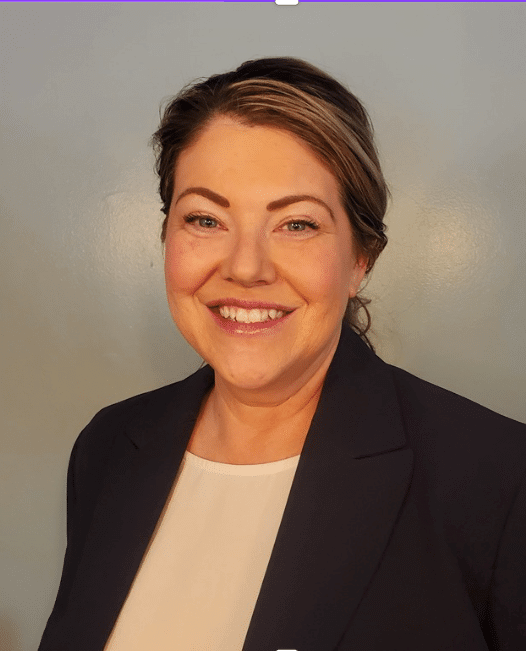
Nicole Frost
Nicole has a B.S. in Forestry from Michigan State University and is a Certified Michigan Public Manager. Prior to joining MFA, Nicole has served in various roles in county administration including clerk, treasurer, and controller. She was also a parks and recreation director for Gratiot County. She lives on a farm in Elwell, Michigan, and is excited to grow MFA in 2025 and beyond.
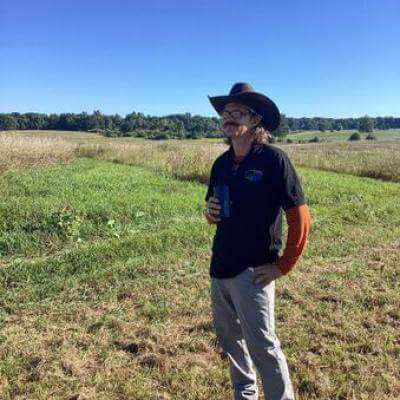
Paul Buzzard
Paul Buzzard is the Conservation Technician for the Washtenaw County Conservation District (WCCD), and manager of Detroit Flight Path Farm. Prior to WCCD and his farm, Paul was the Director of Conservation at the Detroit Zoo and worked with The Nature Conservancy. He now works with local farmers via MAEAP, and incorporates agro-forestry with free-ranging and pastured heritage breeds of livestock at his farm.
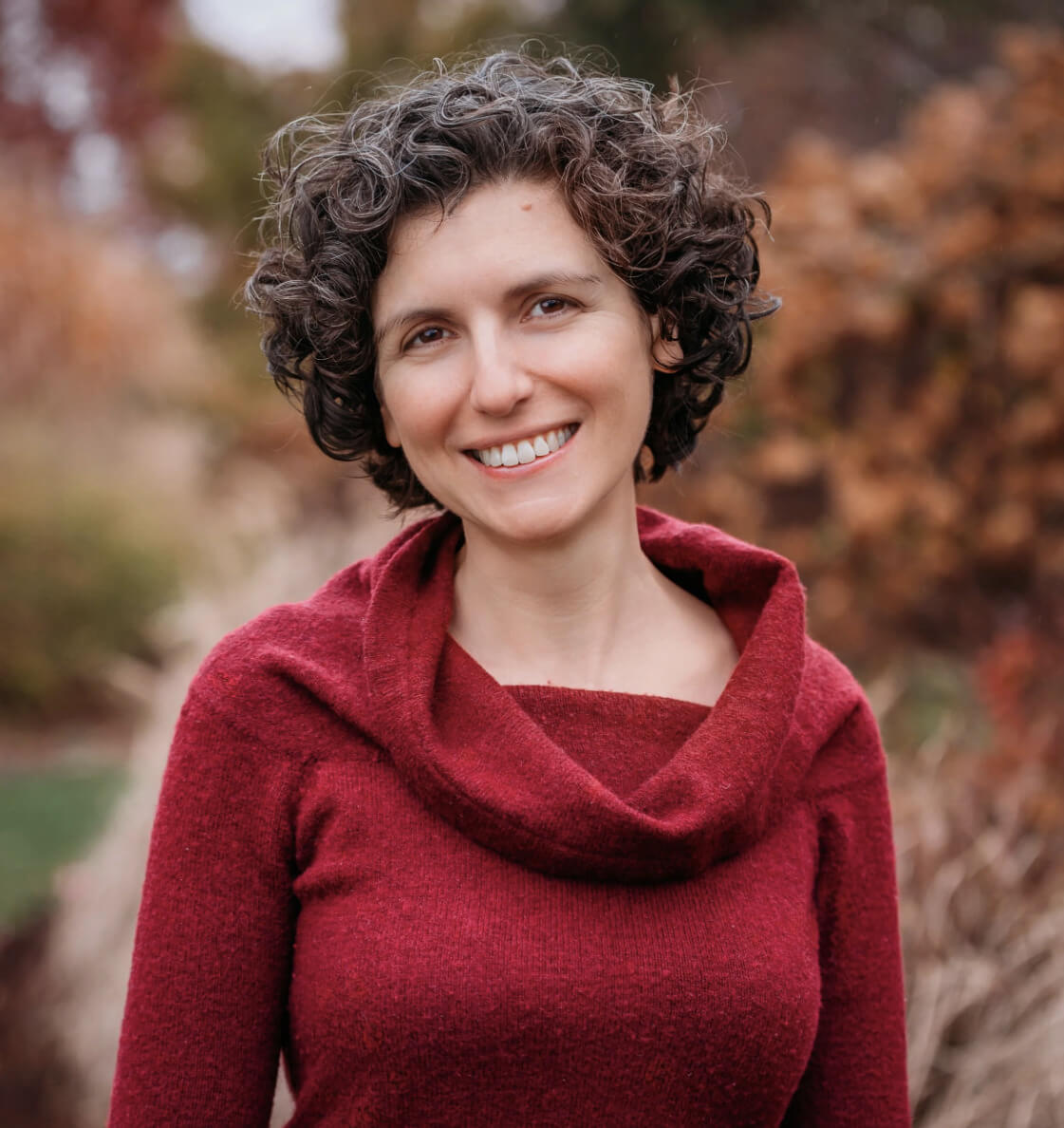
Rachel Cuschieri-Murray
Rachel’s roots in conservation began with collecting seeds and foraging with her dad on the Army bases where she grew up. Rachel attended Eastern Michigan University where she obtained a bachelors degree in Organizational Communication and a master’s degree with a focus in Interpersonal Communication. She worked with schools and businesses in the Detroit suburbs and Mid-Michigan region to incorporate conservation activities. Rachel loves organizing the community around conservation so she was delighted to join the ECD team as Environmental Outreach Coordinator in the Spring of 2022. Rachel was promoted to Executive Director in the Fall of 2022. Rachel lives in Delta Township with her family, where she plants as many varieties of native edibles as she can get her hands on.
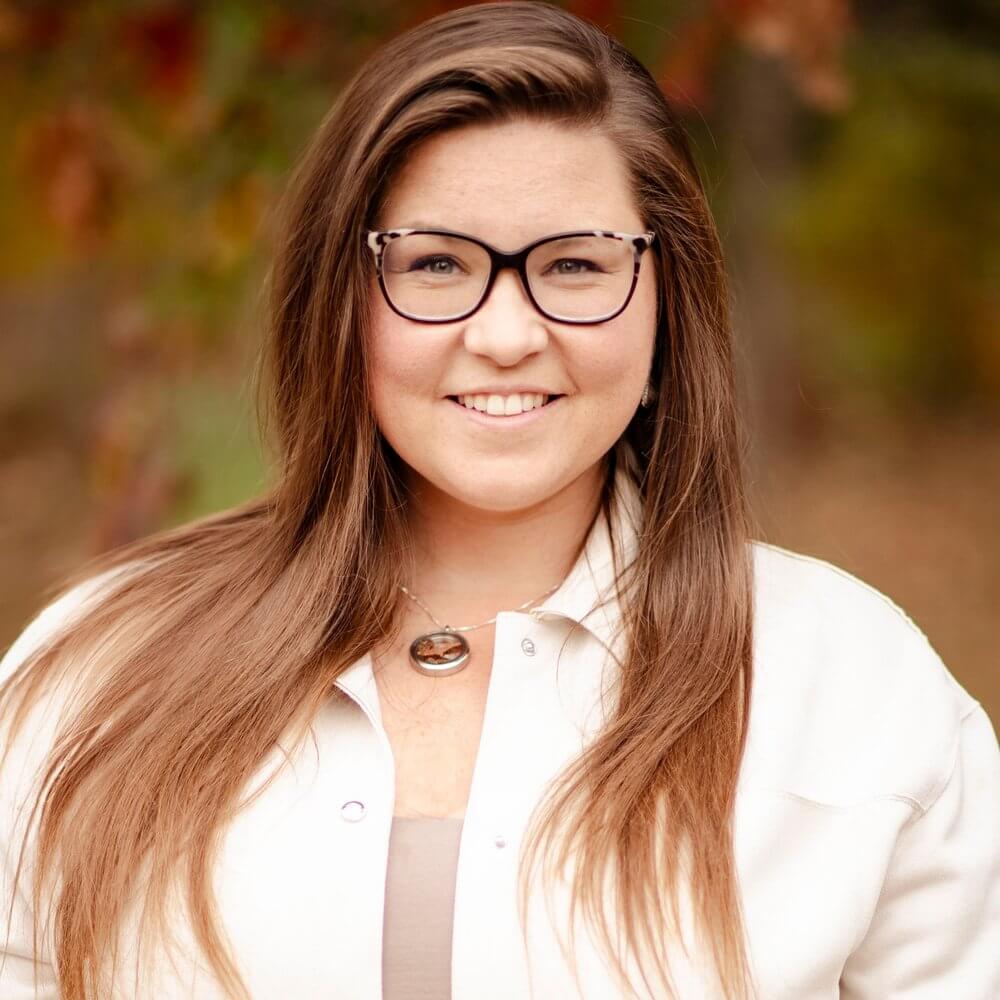
Rachel Straughen
Rachel is a passionate conservationist and wildlife enthusiast from Traverse City with a lifelong love for the outdoors. She holds a degree in Wildlife Ecology and Management from Michigan Technological University and has spent the past six years leading environmental and outdoor education at GTCD, where she serves as the Education Director and Camp Director. She co-chairs the MACD Education Committee alongside Chair Carol Higgins, board member of St. Joseph County Conservation Distrct, and co-authors the committee’s Quarterly Education Newsletter with Erin Horton of the Missaukee Conservation District.
Samantha Otto
Samantha Otto is a first-generation farmer and owner of The Woven Trifecta in West Michigan, a Certified Naturally Grown farm producing vegetables, cut flowers, and fiber. She focuses on no-till practices, rotational grazing, and community-rooted food access. Alongside farming, Samantha is passionate about building community connections to strengthen regional food systems. In addition, Sam is working with programs like MAEAP, Michigan On-Farm Produce Safety, TOPP, and NRCS. She is also the Executive Director of the West Michigan Growers Group, a collaboration of farms using sustainable practices.
Zach Peklo
Zach Peklo brings over six years of experience working together as fiduciaries and partners in conservation. With years of hands-on collaboration, he has learned how to streamline fiduciary responsibilities, grant reporting, and organizational systems to make the job more manageable. His experience offers attendees practical, field-tested strategies for success.
Mike Wozniak
Michael Wozniak, PE, is a Environmental Engineering Specialist with the Michigan Department of Agriculture and Rural Development (MDARD). He leads statewide efforts in evaluating and developing engineering standards and procedures for agricultural infrastructure, including waste and fuel storage systems, drinking water and irrigation wells, concrete and soils investigations, aquaculture systems, and regenerative agriculture practices. Mike also oversees the siting of livestock production facilities under the Michigan Right to Farm program and manages the Conservation Technical Assistance Initiative (CTAI) grant in partnership with USDA NRCS. He holds a Bachelor of Science in Biosystems Engineering from Michigan State University and is a licensed professional engineer. With a deep commitment to sustainable agriculture and environmental stewardship, Mike brings technical expertise and collaborative leadership to support Michigan’s farming communities.
Christine Charles
Christine Charles is a Michigan State University (MSU) Extension educator located at the W. K. Kellogg Biological Station in Hickory Corners. Christine works alongside farmers, other MSU educators, industry partners, and researchers to support and increase the adoption of regenerative practices, like those that improve soil health and weather resiliency, without losing sight of agronomic needs and profitability in Michigan field crop systems. She received her B.S. in Soil Science from Purdue and her M.S. in Environmental Science, with a focus on soil microbiology, from Ohio State.
Carol Higgins
Carol served as chair of the SJC Conservation District Board for ten years and she currently remains on the board. She is a member of the Churches Earth Care team, the Friends of the St. Joseph River Board, Mendon Women’s Club, and the SJC Solid Waste Committee. Recently, she has worked with Habitat for Humanity of St. Joseph County to establish the Mendon Housing Initiative with hopes of building a habitat home in Mendon next year.
Davina Bryan
Davina Bryan serves as the Michigan and Indiana State Director with Farm-To-Power, where she leads efforts to advance community solutions and strengthen rural communities. With a career rooted in rural advocacy and development, Davina brings expertise in nonprofit fundraising, strategic partnerships, and long-term planning. She is also an active member of several nonprofit collaboratives, working to ensure that community voices are centered in agricultural and energy solutions. Madeleine Krol is the Clean Energy Land Use Specialist at the Graham Sustainability Institute's Center for EmPowering Communities at the University of Michigan. She supports Michigan's rural communities in planning and zoning for utility-scale renewables by developing technical assistance programming for Michigan's State Energy Office in EGLE. Madeleine’s research focuses on land use policy and community impacts of large-scale wind, solar, and energy storage systems.
Madeleine Krol
Madeleine Krol is the Clean Energy Land Use Specialist at the Graham Sustainability Institute's Center for EmPowering Communities at the University of Michigan. She supports Michigan's rural communities in planning and zoning for utility-scale renewables by developing technical assistance programming for Michigan's State Energy Office in EGLE. Madeleine’s research focuses on land use policy and community impacts of large-scale wind, solar, and energy storage systems.
John Plichta
John Plichta is the owner of FarmHouse Vineyards, a certified organic winery in Petoskey, MI. John has spent his career in Michigan and Northern California focused on organic food and gardens, construction, apples, and livestock. He is a Green Certified builder and was presented with the 2010 National Green Certified Home of the Year Award. John is certified organic by MOSA for his grapes. He is growing cold hardy grapes and opened a tasting room in 2019. John is also MAEAP verified and is a current TOPP mentor.
Chelsey Lawton
Chelsey Lawton currently serves as the Interim Executive Director at the Muskegon Conservation District, where she oversees and implements a wide range of natural resource projects, including streambank stabilization, dam removal, wetland restoration, and habitat management. A graduate of Grand Valley State University with a Bachelor’s degree in Natural Resources Management, Chelsey has been with MCD for nearly six years. She has secured and managed hundreds of thousands of dollars in grant funding to support conservation, restoration, and water quality improvement efforts across Muskegon County
Justin Sean
Justin Sean is the founder and head cultivator of Great Lakes Mushroom Company, a family-owned gourmet and medicinal mushroom farm based in Norton Shores, Michigan. With over five years of hands-on mushroom cultivation experience, Justin has turned his passion for fungi into a thriving business that supplies mushrooms, tinctures, coffees, and educational workshops across Michigan. In Mushroom Workshop 101, Justin guides participants through four different methods of growing mushrooms at home, from inoculating your own grow bag to understanding how mycelium works. Every attendee will inoculate their own 5lb all-in-one grow kit to take home, enjoy free gourmet mushroom food and coffee, and gain the confidence to start cultivating mushrooms themselves. Justin’s mission is to make mushroom growing simple, sustainable, and fun, while inspiring others to explore the incredible world of fungi. Inspired by his grandmother’s battle with cancer, Justin set out to explore natural alternatives that support wellness and healing. What began as a personal mission to educate others about the benefits of holistic nutrition has grown into a thriving enterprise that cultivates 100% organic gourmet and medicinal mushrooms, including shiitake, lion’s mane, reishi, and more. Since founding Great Lakes Mushroom Company in 2020, Justin and his family have built a sustainable operation that now includes a brick-and-mortar shop and restaurant in Norton Shores, as well as a seasonal location in Montague. Their offerings range from fresh mushrooms and microgreens to cold-pressed juices, mushroom coffee, smoothies, and wholesome meals — all crafted with integrity and care. Driven by a deep commitment to health, community, and education, Justin continues to inspire others to live well and make informed choices about what they put into their bodies.
Karen Thurow
Born and raised in Midland County, Karen's family were farmers in Midland County and vendors of the Midland Farmers market from 1958 to 2018. Karen has been a business manager for over 40 years. A retired farmer and a beekeeper, Karen is responsible for getting the district back to operation after closing down in December of 2012 due to lack of funding. Karen was appointed by the state as a board member in August 2014 has been serving as the Administrator since January 1, 2015. Karen helped the district "save an old barn" and turned it into The Tomlinson Barn Education Center. Karen is passionate about educating on our natural resources and youth education for conservation and agriculture. She is certified in environmental education programs, Project Learning Tree (American Forest Foundation) and Project Wild (Michigan Department of Natural Resources). Karen currently serves on the Coleman Agriscience Advisory Board and Land Lab Planning Committee. She volunteers at Midland Community Television (MCTV) helping them to record and produce shows, her favorites are local school concerts and center for the arts concerts. Loons' games are fun too! She has produced over 18 Conservation Matters Shows that air on MCTV, MCTV YouTube stations. A volunteer at Dahlia Hill, she is currently serving a two-year term as President on the board of directors. and a member of the Chemical City Garden Club. Karen also has a passion for history and historical places and after saving an "Old Barn" is also a member of the Michigan Barn Preservation Network, and member of the Midland Antique Engine Association. (MAEA)
Sam Wallace
Sam Wallace is a technician for the Transition to Organic Partnership Program (TOPP), and works for the Grand Traverse Conservation District (GTCD). With TOPP, Sam provides technical assistance and training opportunities for both certified and transitioning organic farmers. He also coordinates mentorship pairings in Northern, Western, and SW Michigan. Prior to TOPP, Sam was a Soil Conservation Technician for NRCS and Peace Corps Volunteer in Zambia.
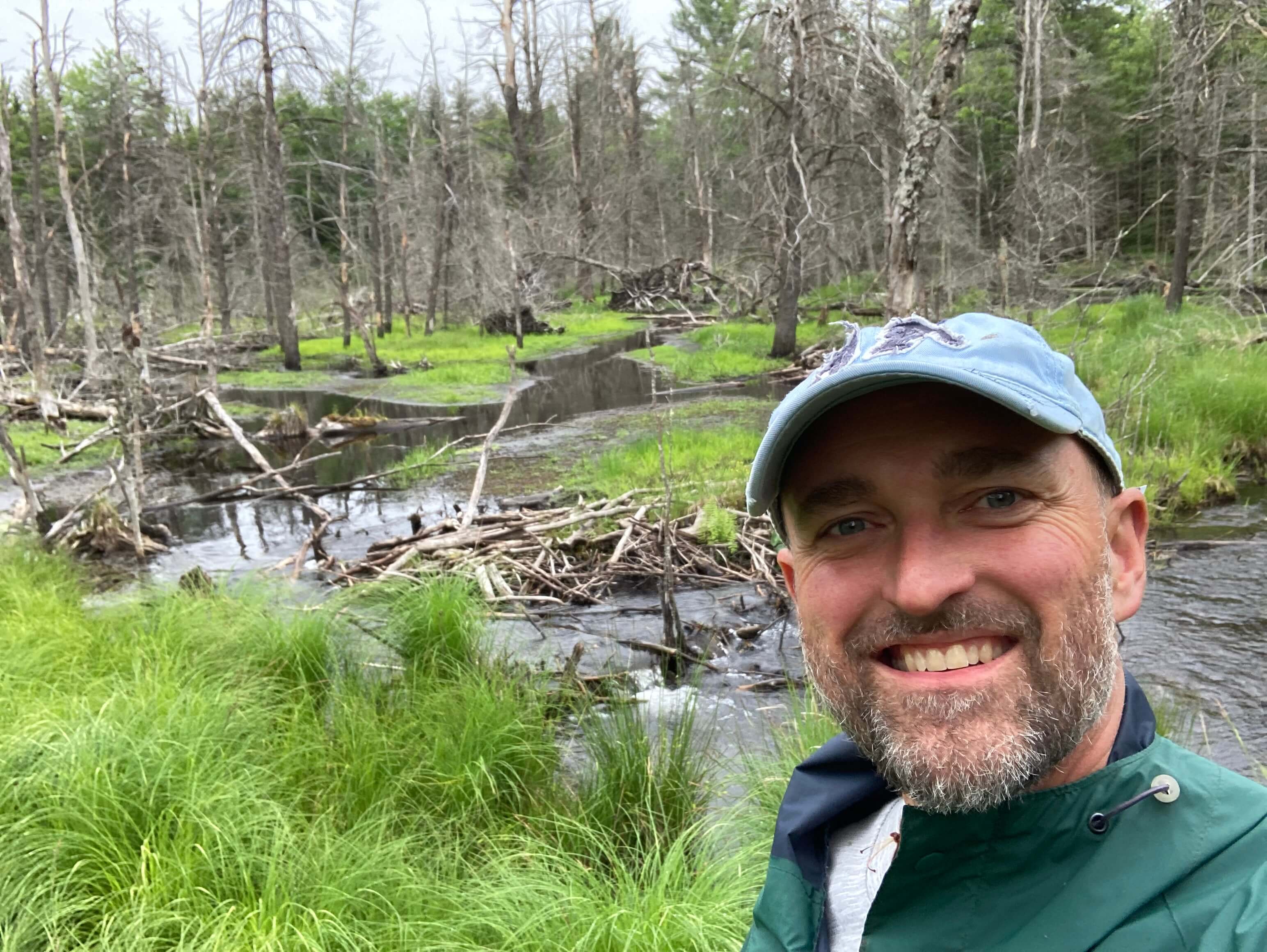
Vic Lane
Vic Lane is the Project Manager for MFA's Forest and Water Fund. Born and raised in the northern lower peninsula of Michigan and then earning a wildlife management degree from MSU, he is proud to serve private forest landowners throughout the state in his new role with MFA. He has 25 years of experience in land stewardship and conservation including previous positions with land conservancies and MDNR. Vic has both passion and experience in land use and management activities to meet innovative conservation goals. He enjoys helping landowners find the resources they need to be good stewards of our forest and water resources.
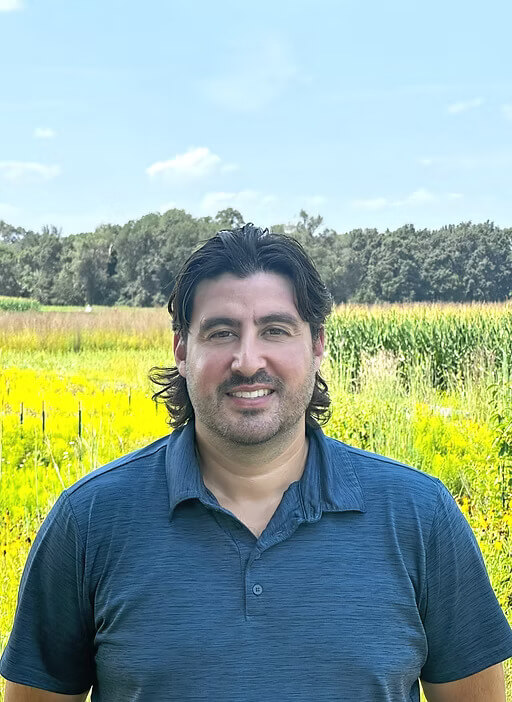
Michael Marinez
Michael is a born and raised Michigander who studied Wildlife Biology at Michigan State University. He is a dedicated hunter, sheep farmer and father. At the Kalamazoo Conservation District Michael is a Conservation Technician working to become a Certified Conservation Planner.
Steve Schaub
Steve works for Tuscola Conservation District and serves as the Chair of the Michigan Envirothon Committee. He has 18 years of experience working with conservation districts in various capacities and about the same amount of time with Michigan Envirothon as a team advisor and resource professional.
Christy Roman
Christy Roman brings over two decades of dedicated service to Michigan’s Conservation Districts. Currently serving as a Regional Coordinator with the Michigan Department of Agriculture and Rural Development (MDARD), Christy has held several roles working with conservation districts. Her leadership journey includes serving as Director of Michigan Envirothon and Training Director for the Michigan Association of Conservation Districts, as well as Executive Director of the Antrim Conservation District. Christy is a graduate of the MSU Great Lakes Leadership Academy’s Leadership Advancement Program, where she later served as Program Coordinator, cultivating leadership across Michigan’s natural resource sectors. She holds a master’s degree in adult learning from Michigan State University and a bachelor’s degree in Recreation Management with a concentration in outdoor education from Olivet College.
Nadene Berthiaume
Nadene Berthiaume serves as a Regional Coordinator with the Michigan Department of Agriculture and Rural Development (MDARD), where she provides business management, accounting, and operational support to Conservation Districts in southeast Michigan. With more than a decade of experience in education, program management, and accounting, she brings strong leadership, practical business insight, and a passion for supporting locally driven conservation efforts. Nadene and her fiancé, Dallas, enjoy life on their homestead with their blended family of six children, including the newest addition their 7-month-old daughter, Willow. Together, they love hunting, fishing, raising and growing their own food, and tackling outdoor projects that keep everyone learning and connected to the land.
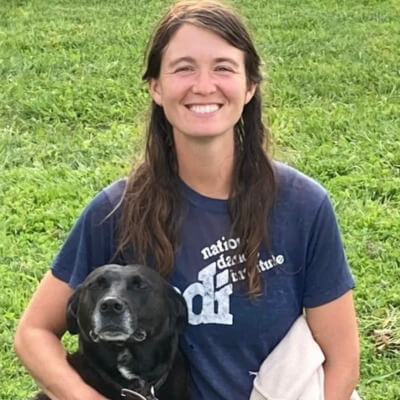
Sarah Longstreth
Sarah Longstreth owns and operates Good Stead Farm, a year-round, Certified Organic and Real Organic verified vegetable farm in Hope, Michigan. She also is a MIFMA Board Member and a current TOPP mentor.
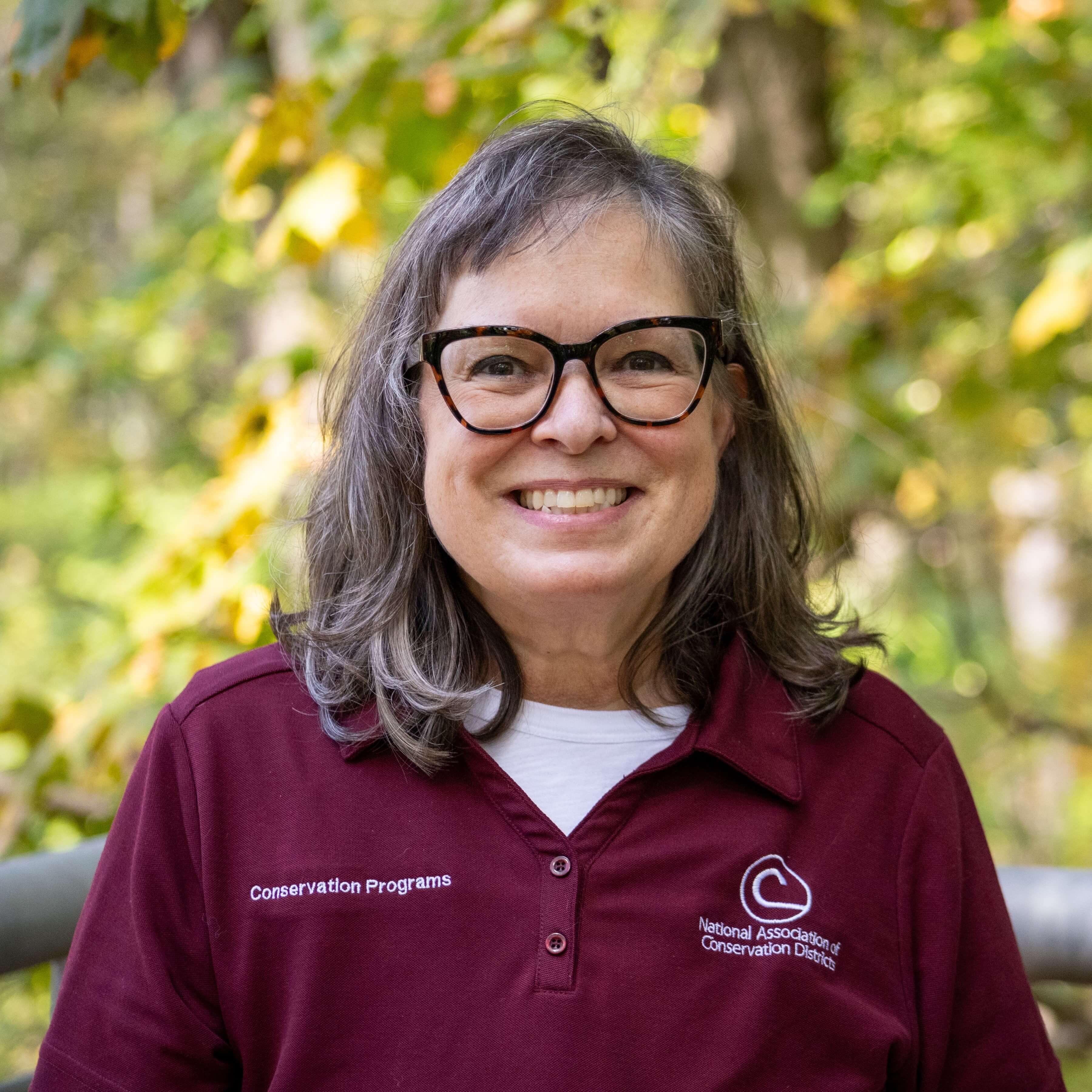
Beth Mason
Beth Mason, NACD North Central Region Representative, has more than 20 years with NACD. As region representative, she works with and assists the eight states in the North Central Region (Illinois, Indiana, Iowa, Michigan, Minnesota, Missouri, Ohio and Wisconsin). While some of her focus is in the Midwest, she works with NACD on a national scale and serves as the lead for the NACD Soil Health Champions Network. She has a Bachelor of Science degree in Public Relations from Illinois State University and is based out of her home office in Indianapolis, IN.

Albert Jones
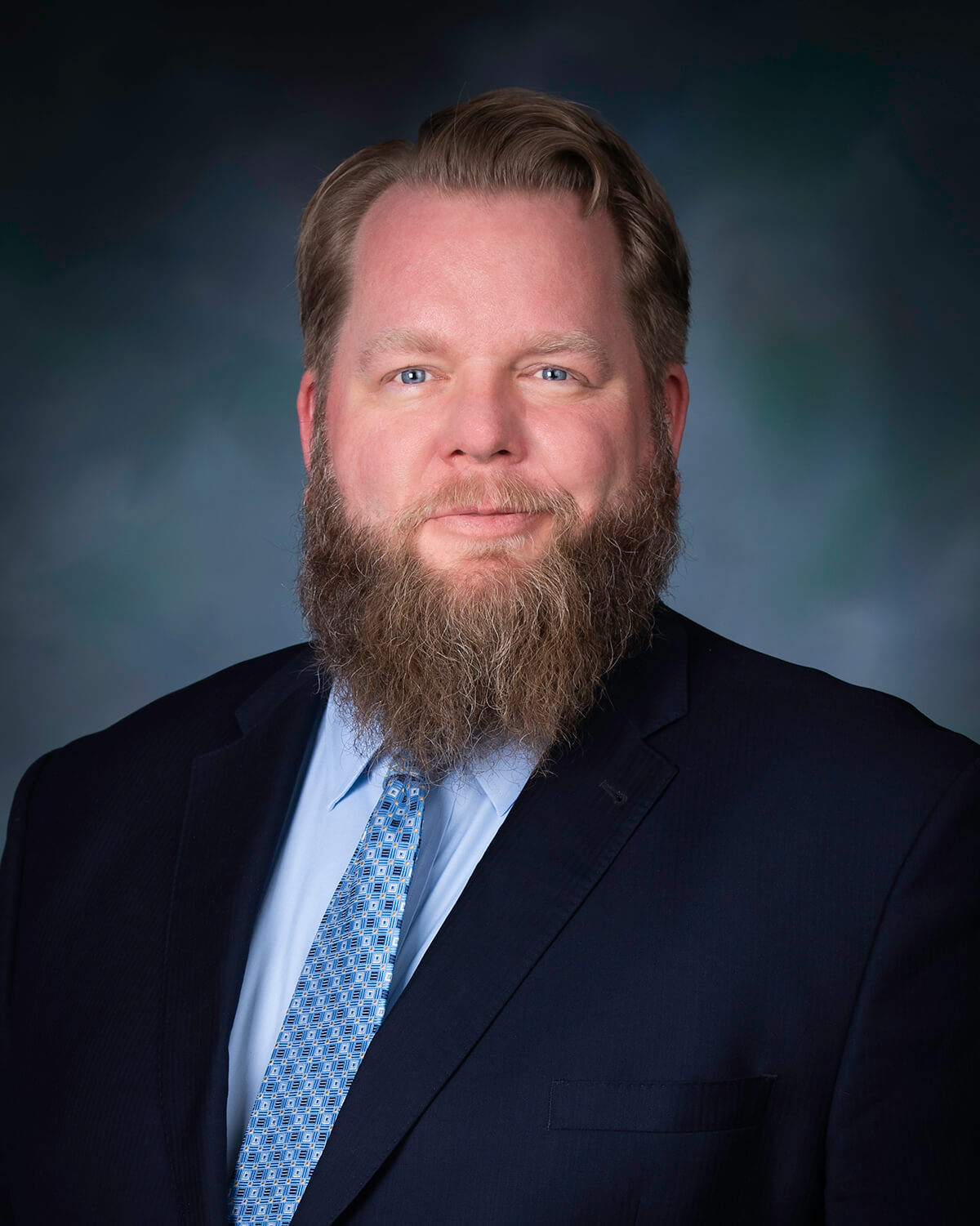
Brad Deacon
Brad Deacon is the Director of the Office of Legal Affairs and the Emergency Management for the Michigan Department of Agriculture and Rural Development. He oversees the department’s coordination of litigation and legal issues with the Office of the Attorney General, tribal relations, public hearings, Freedom of Information Act compliance, and development of regulations. He is also MDARD’s emergency management coordinator, overseeing planning, preparedness, and response activities related to the food and agriculture sector. Brad has served as the State, Local, Tribal, and Territorial Co-Chair for the national Food and Agriculture Government Coordinating Council, and currently serves on the Board of Directors for the Association of Food and Drug Officials. Brad’s undergraduate and law degrees are from Michigan State University, and he is also a professor at MSU College of Law teaching Agriculture Law.
Become A Sponsor
Your donation powers training, tools, and collaboration for Michigan’s Conservation Districts—so communities thrive with healthy soil, clean water, and resilient forests.
Donate now →Thank You to Our Partners
Your partnership powers conservation, education, and impact across our communities!

